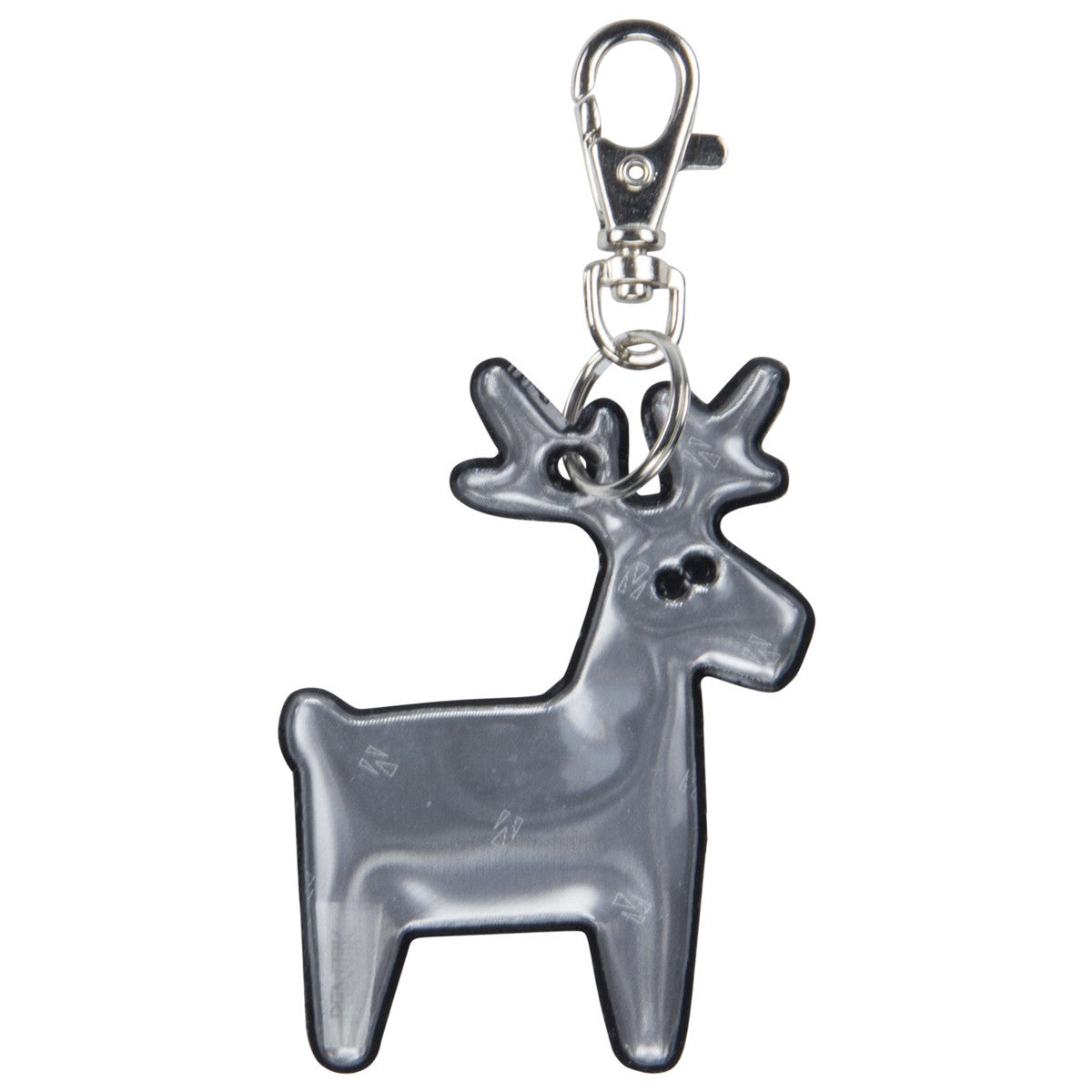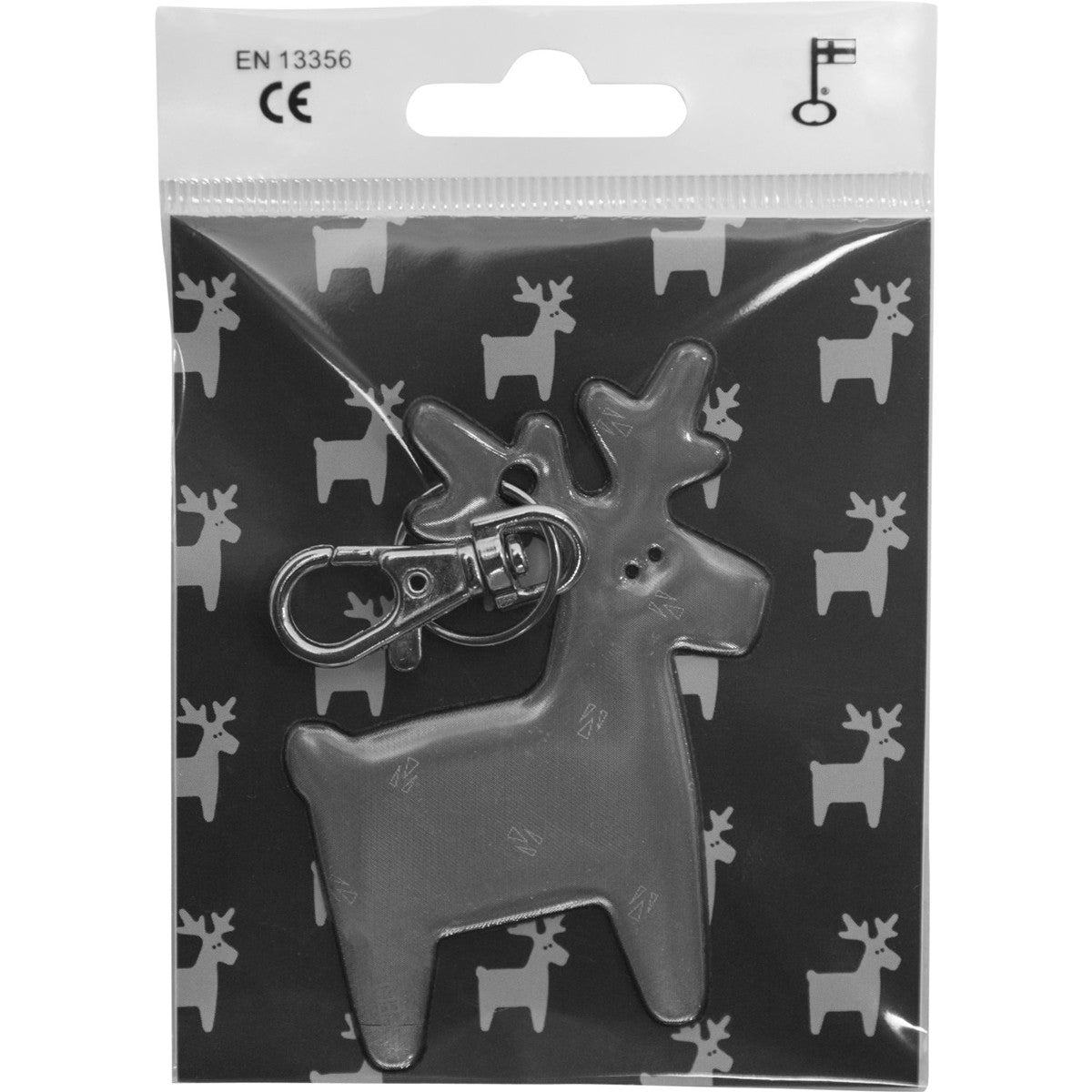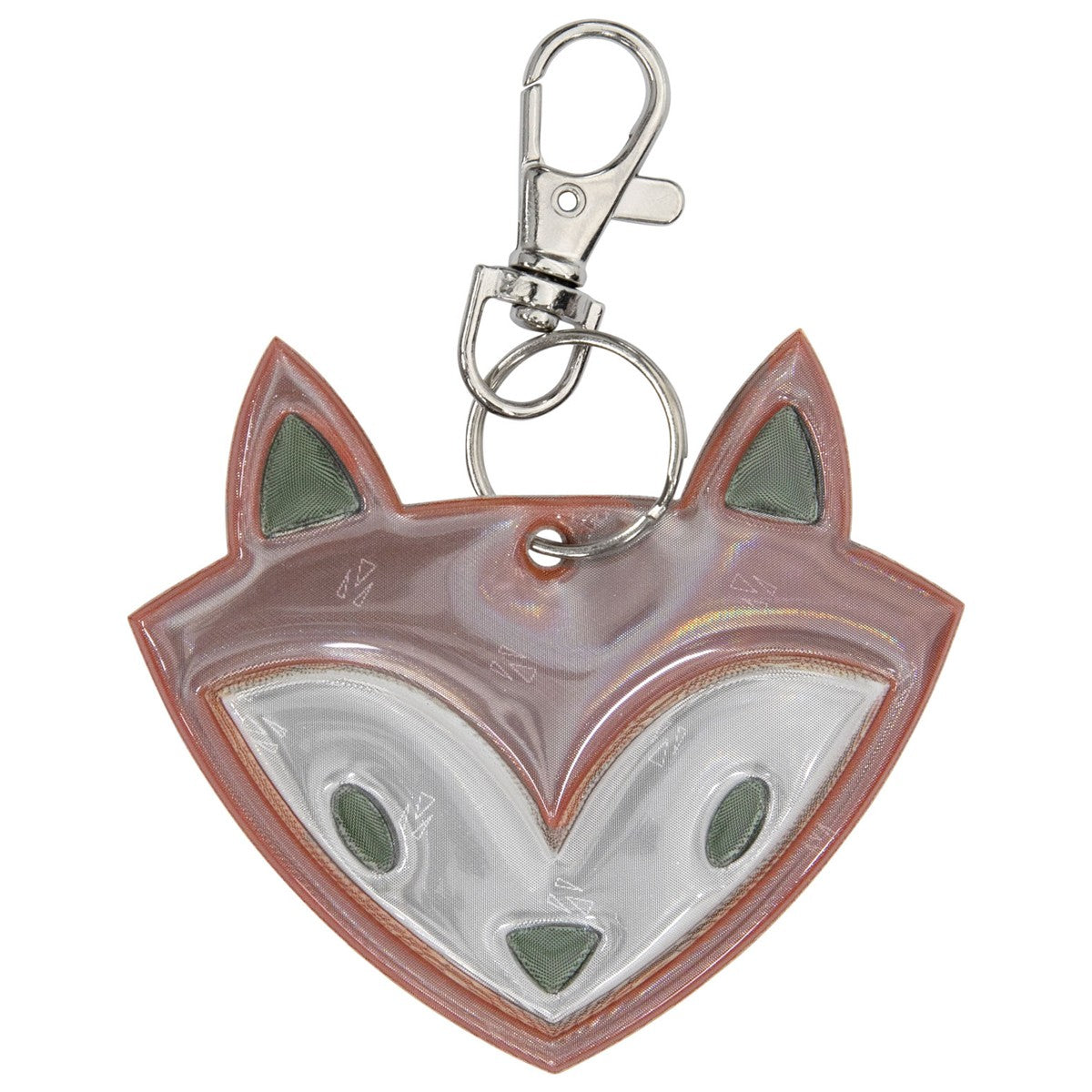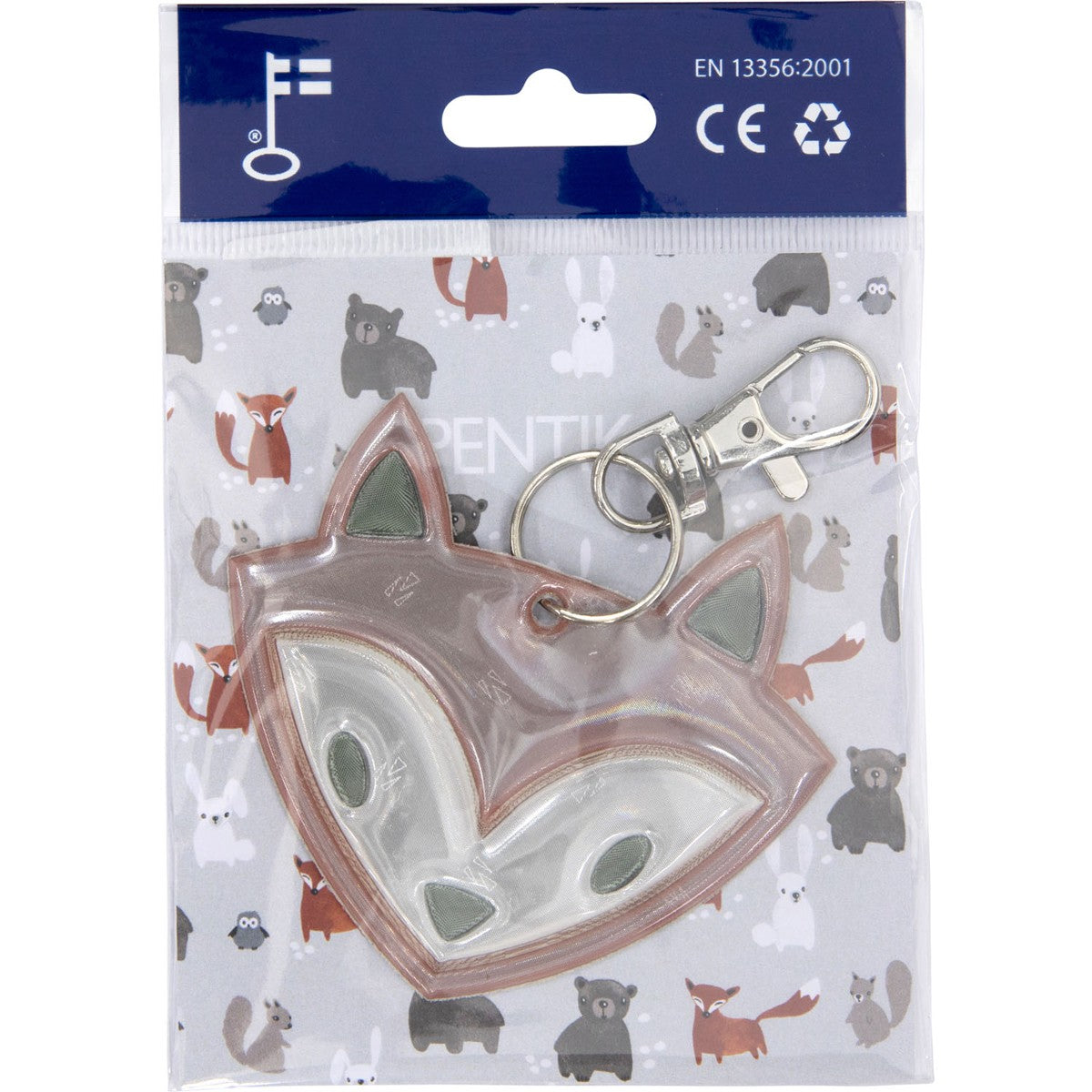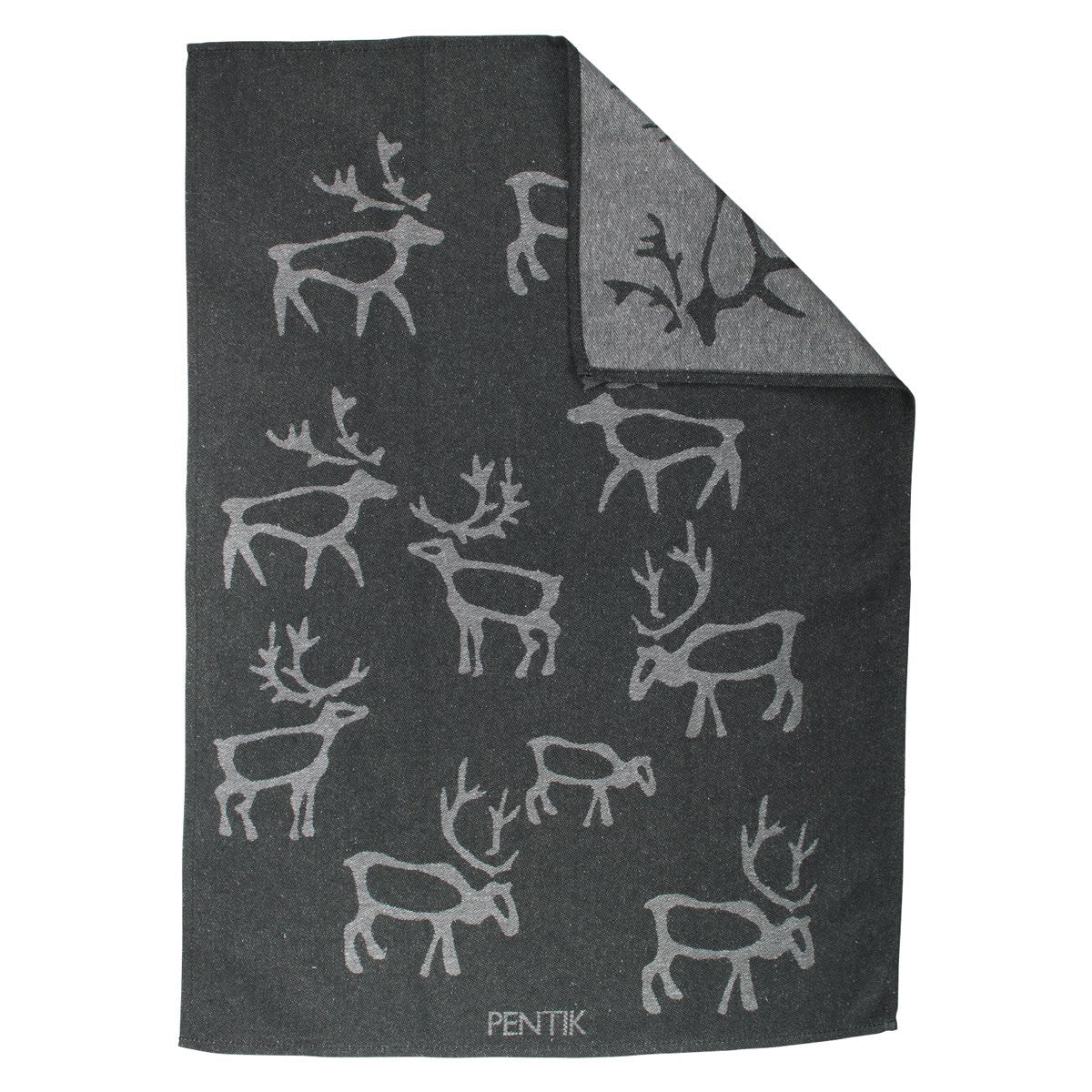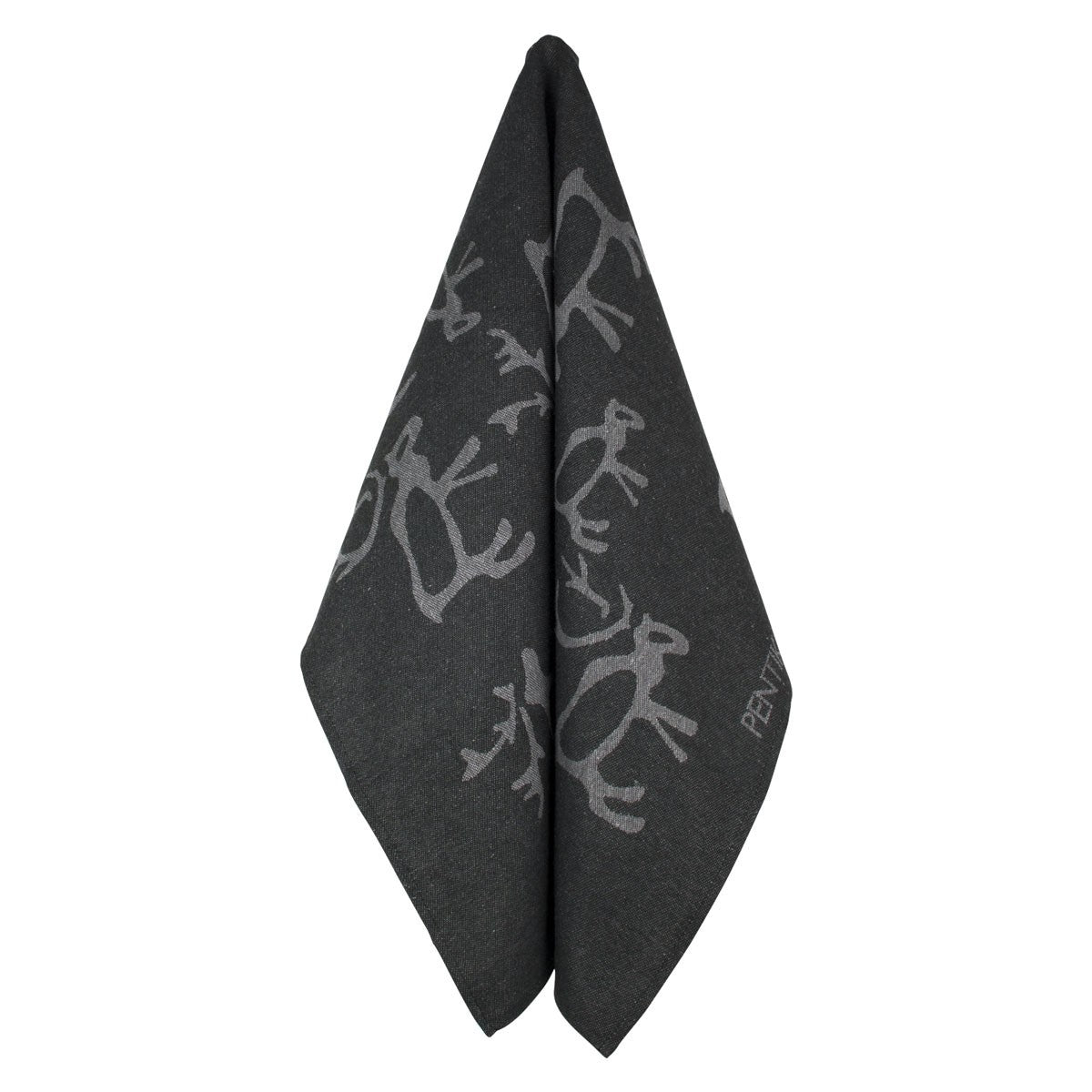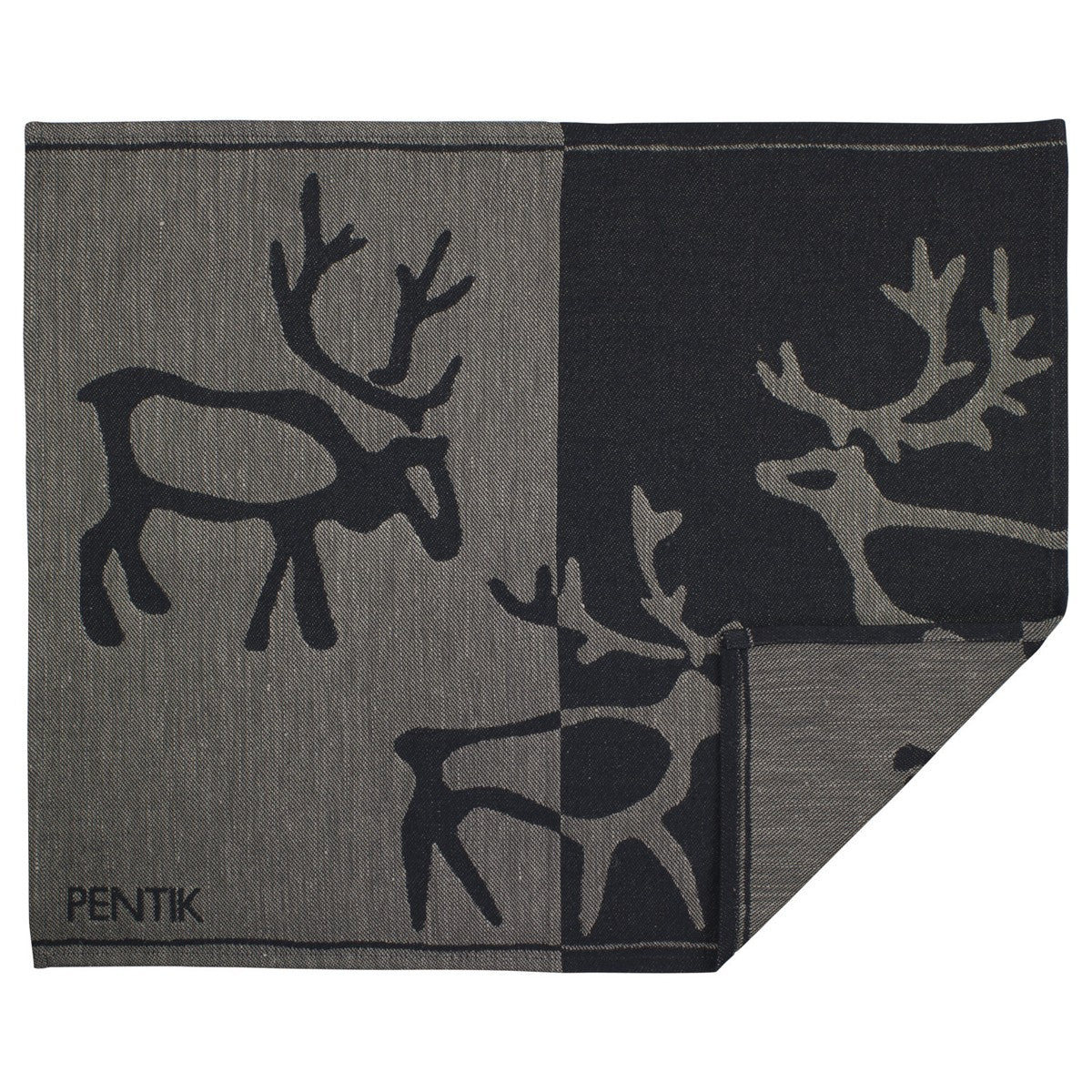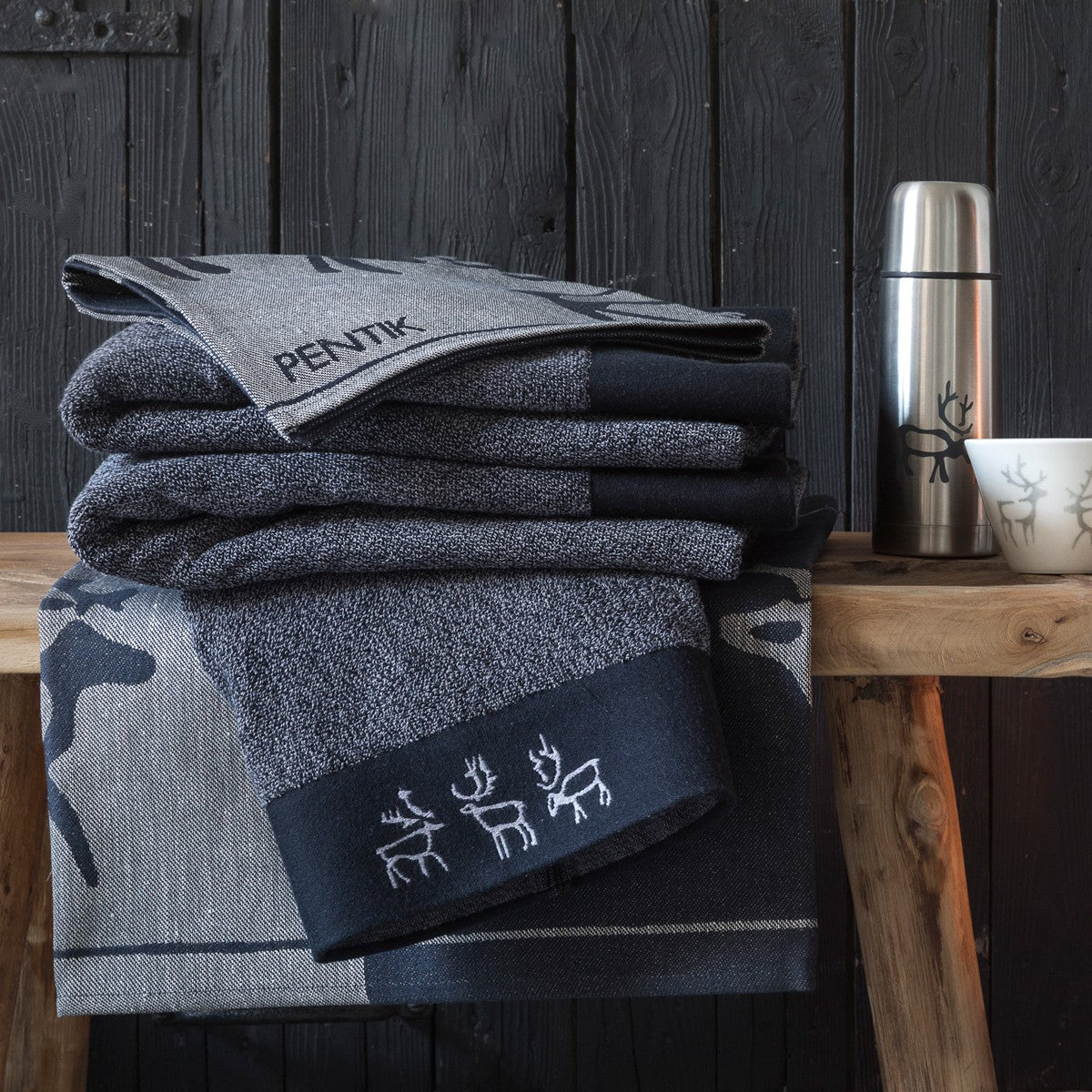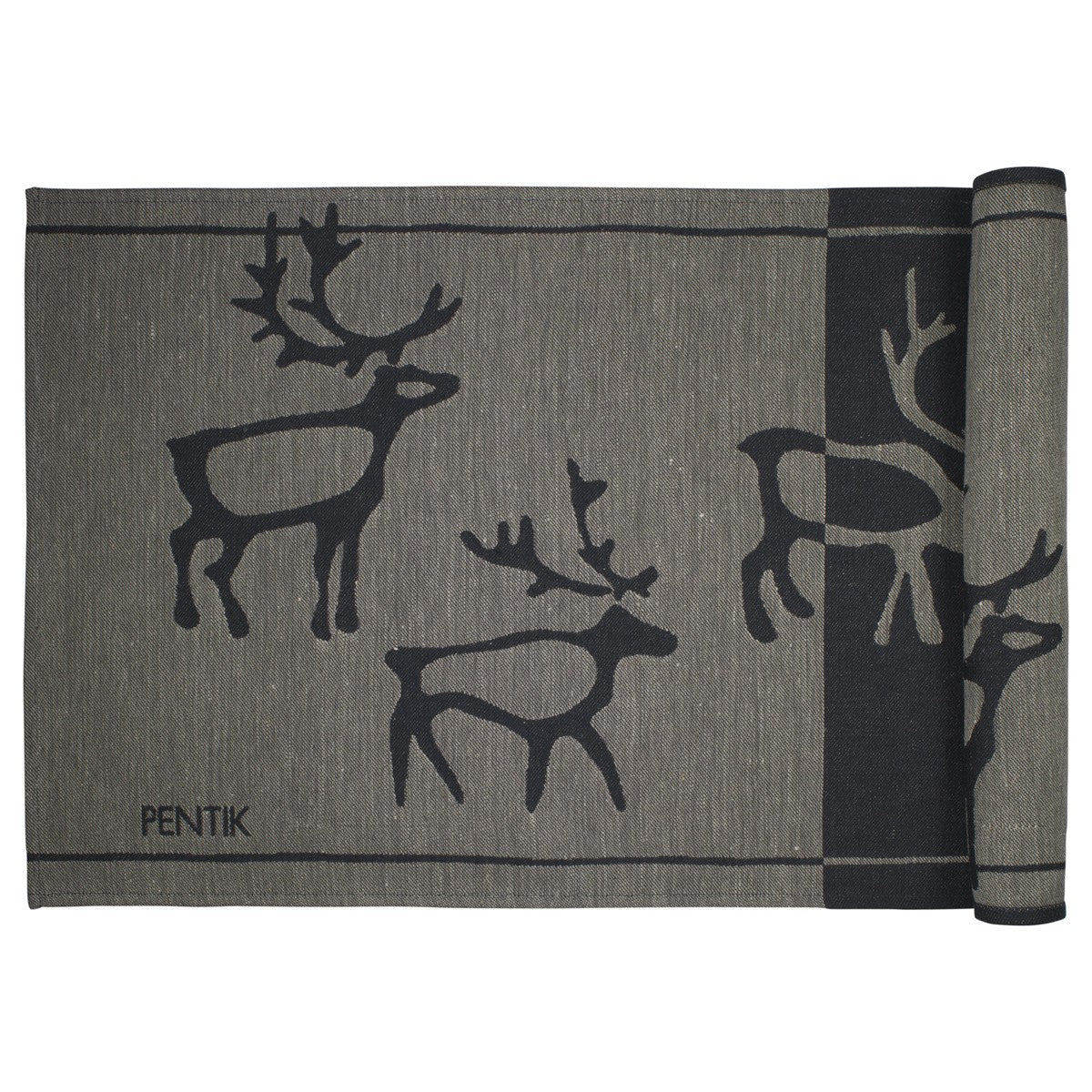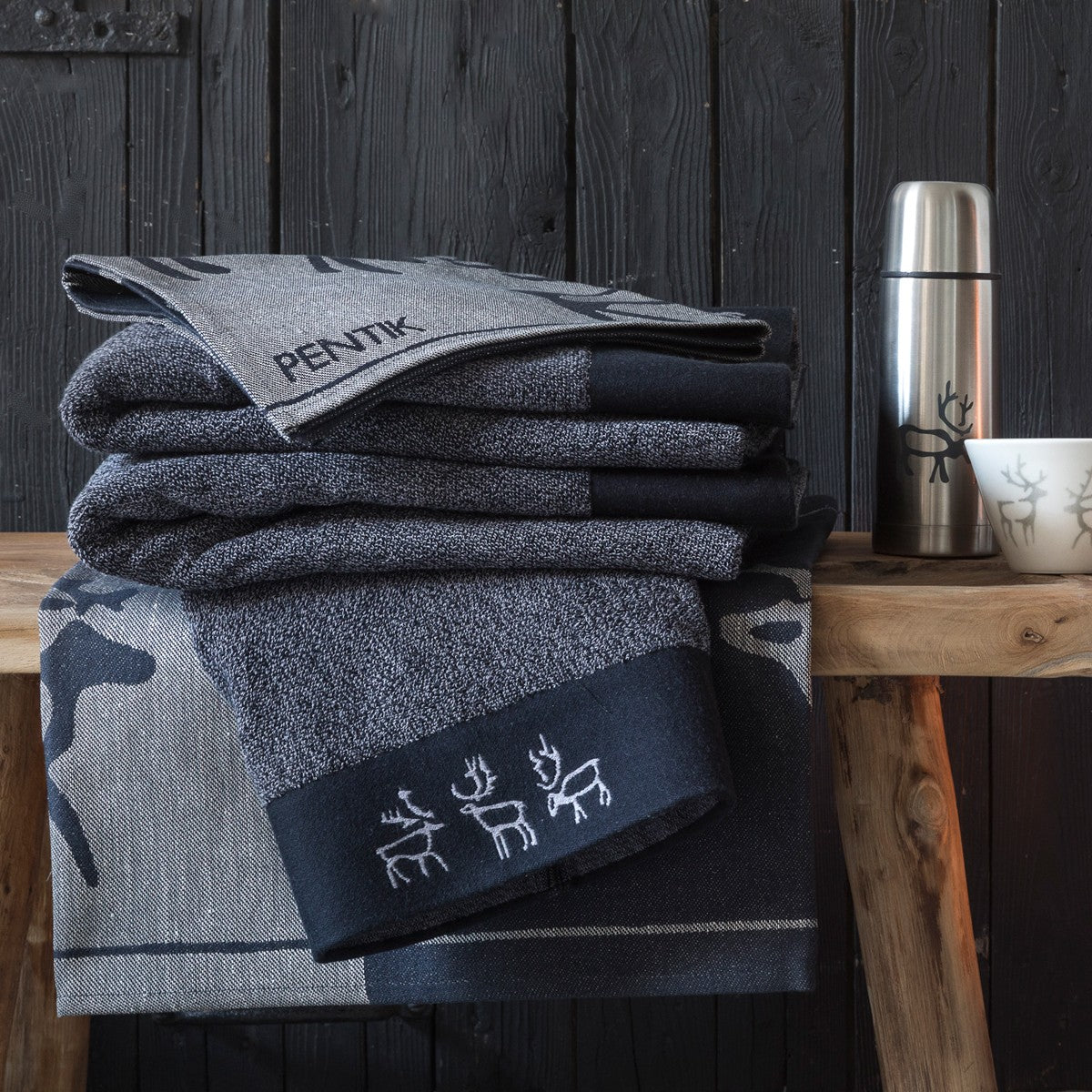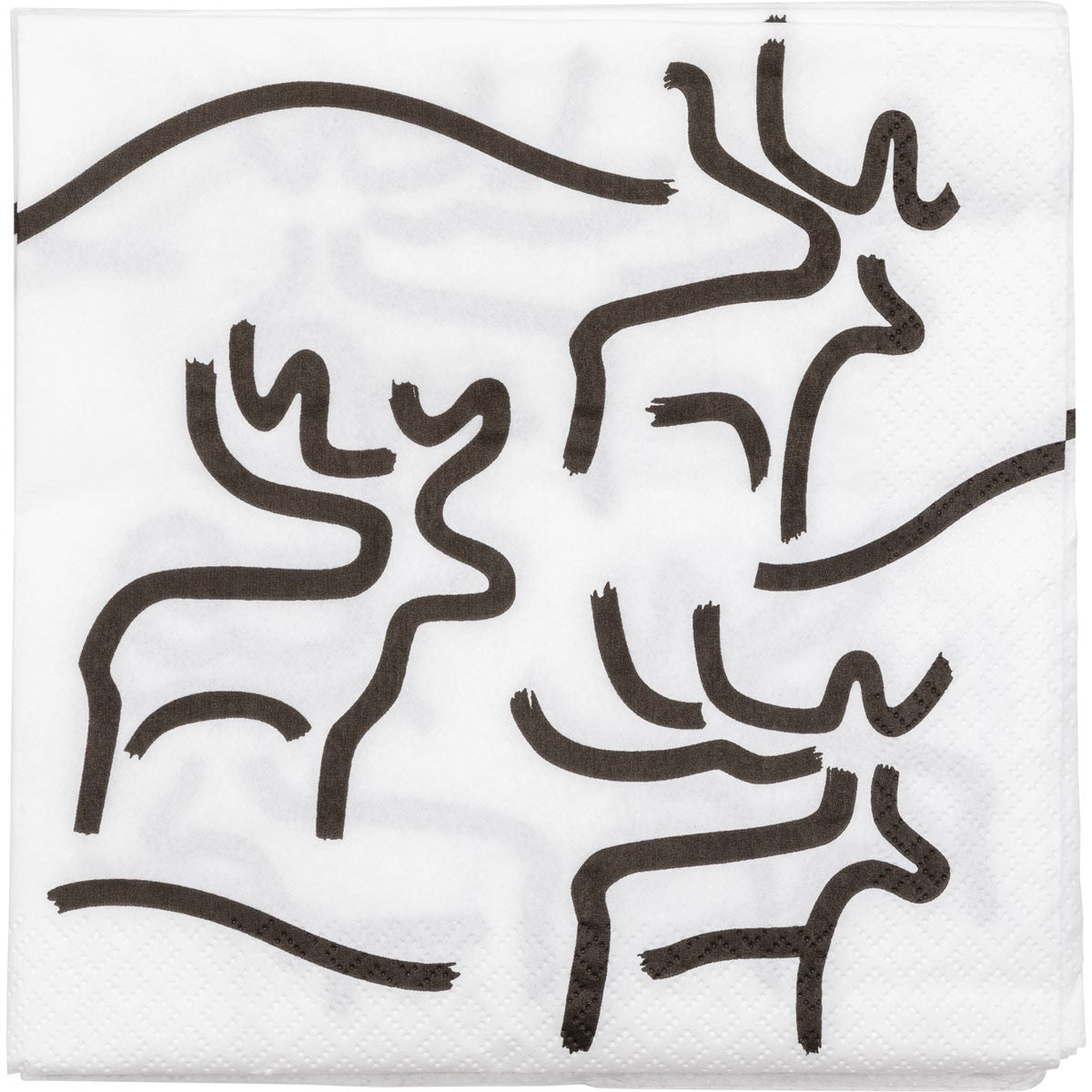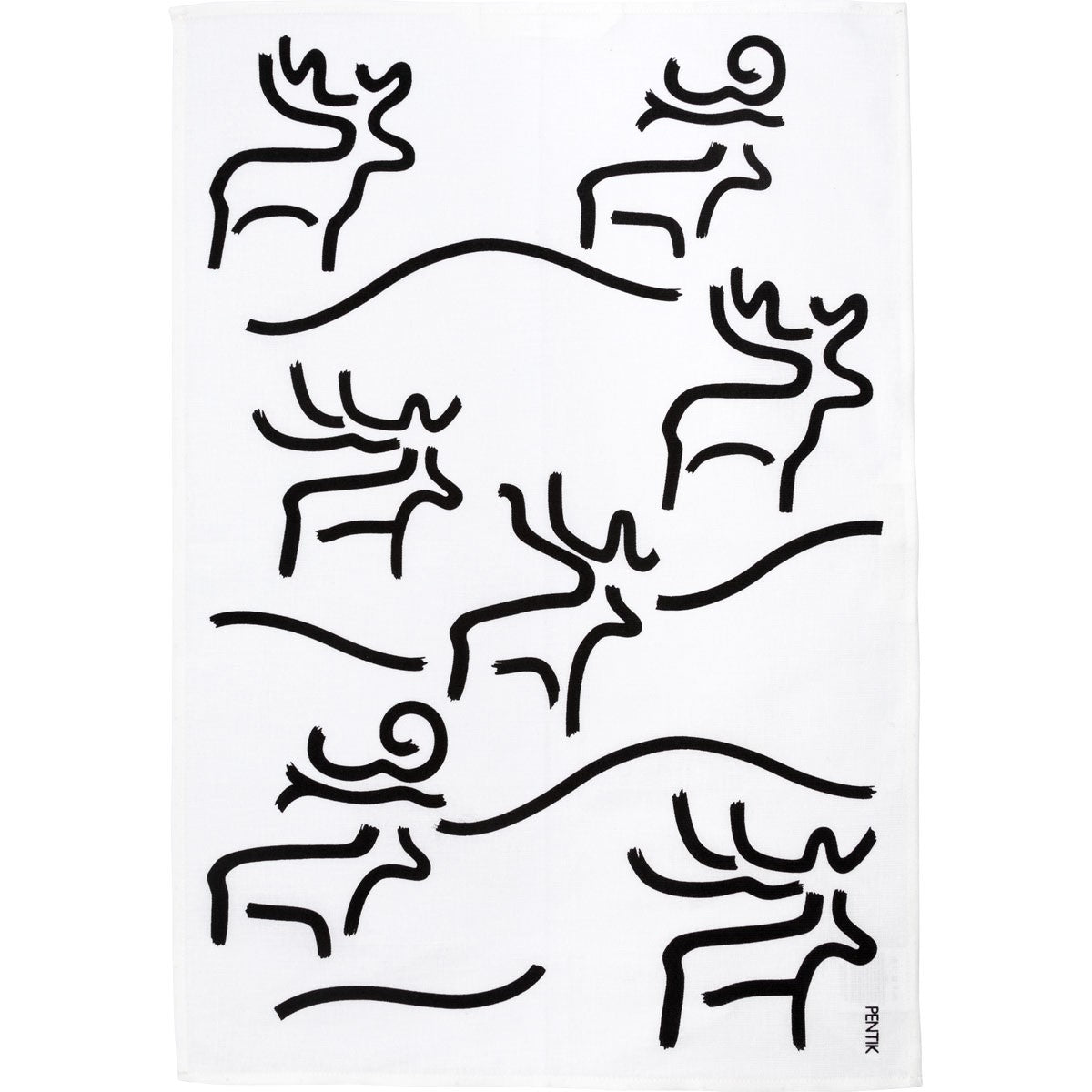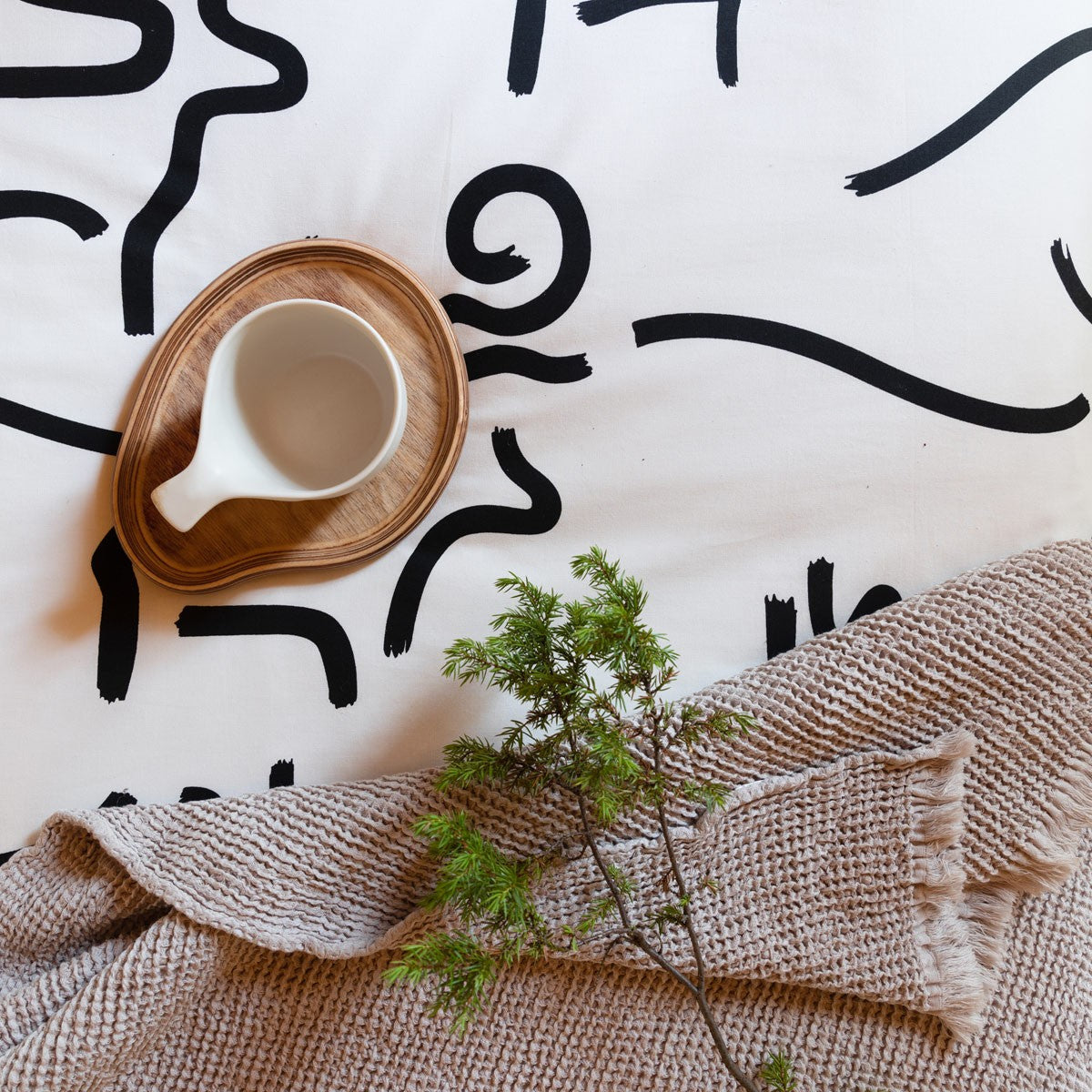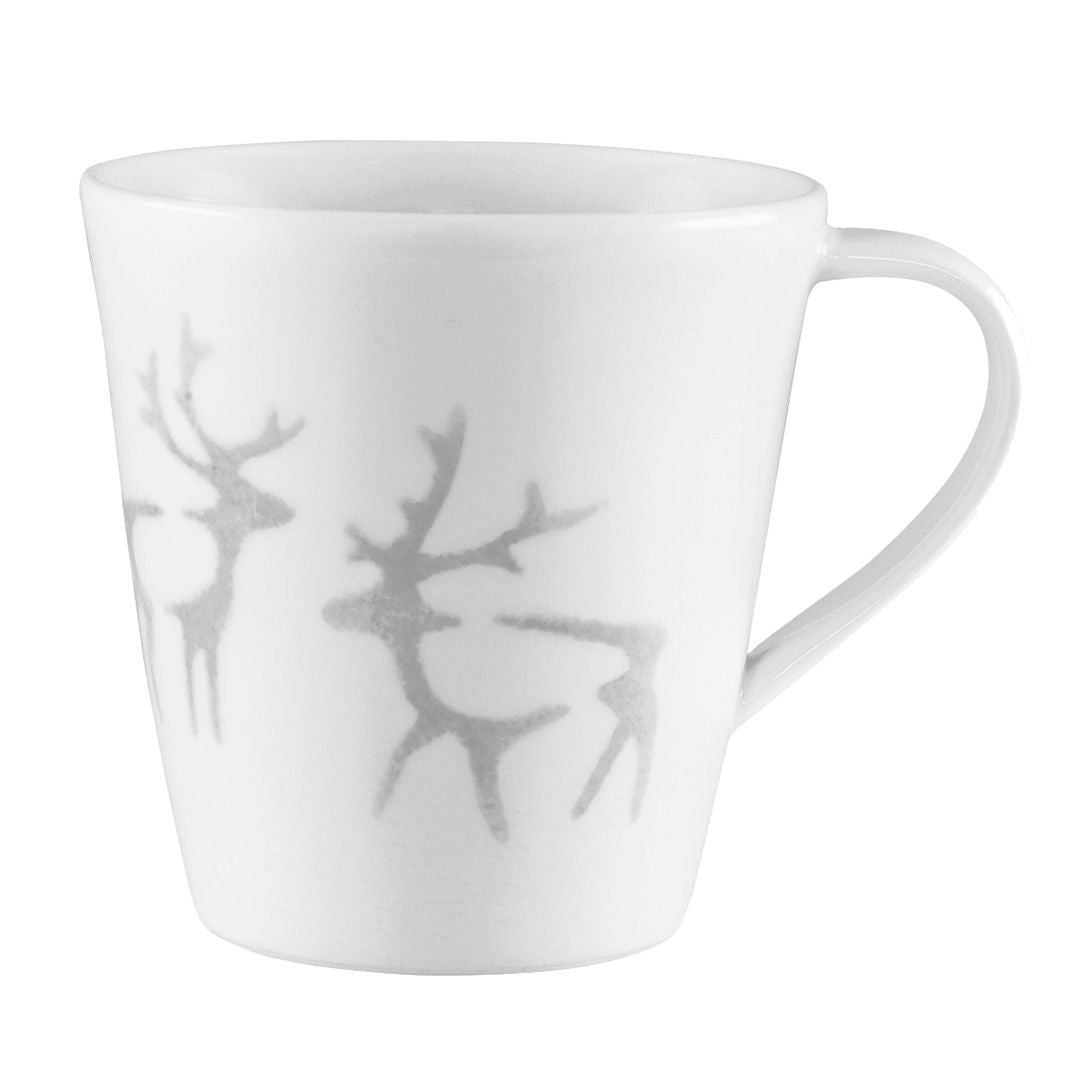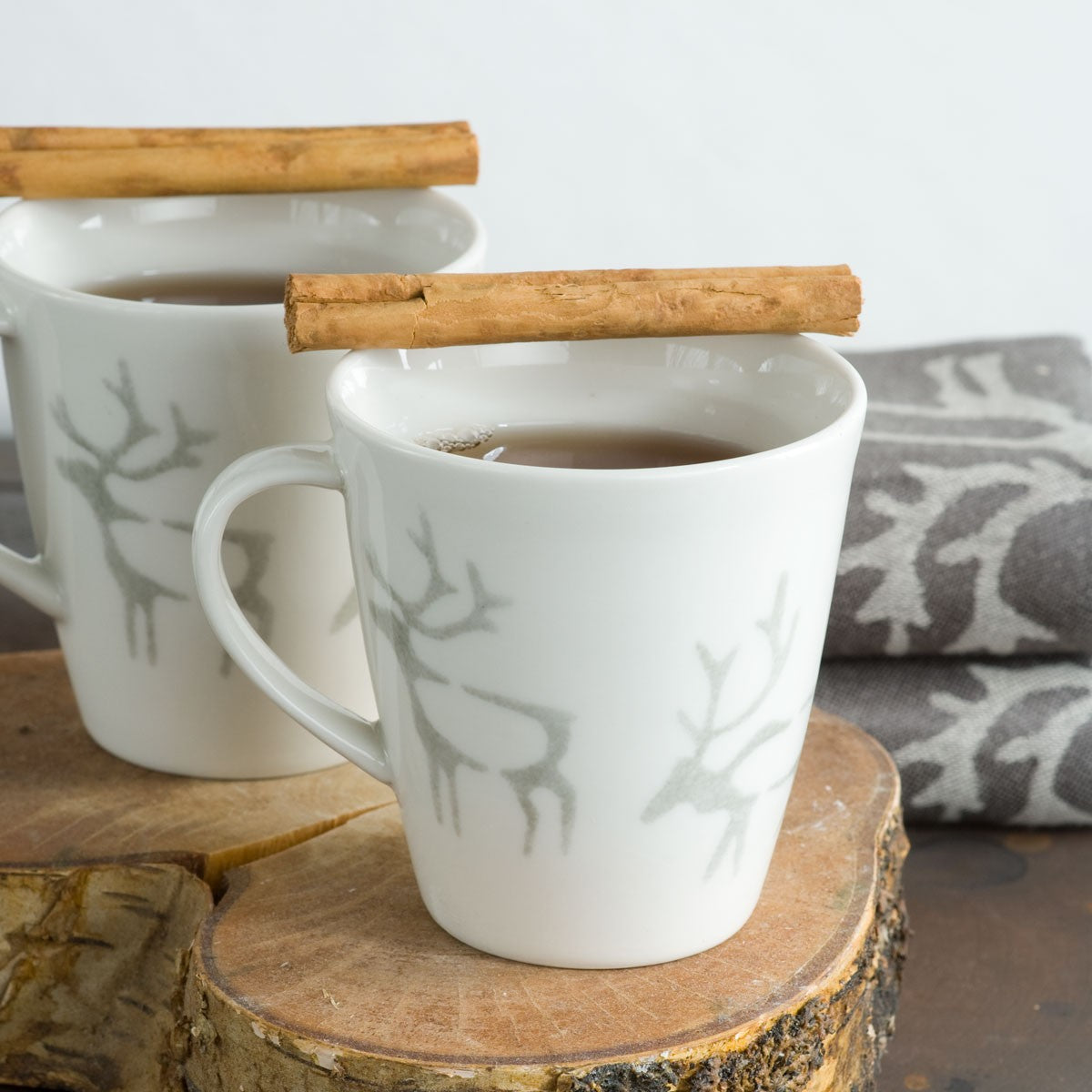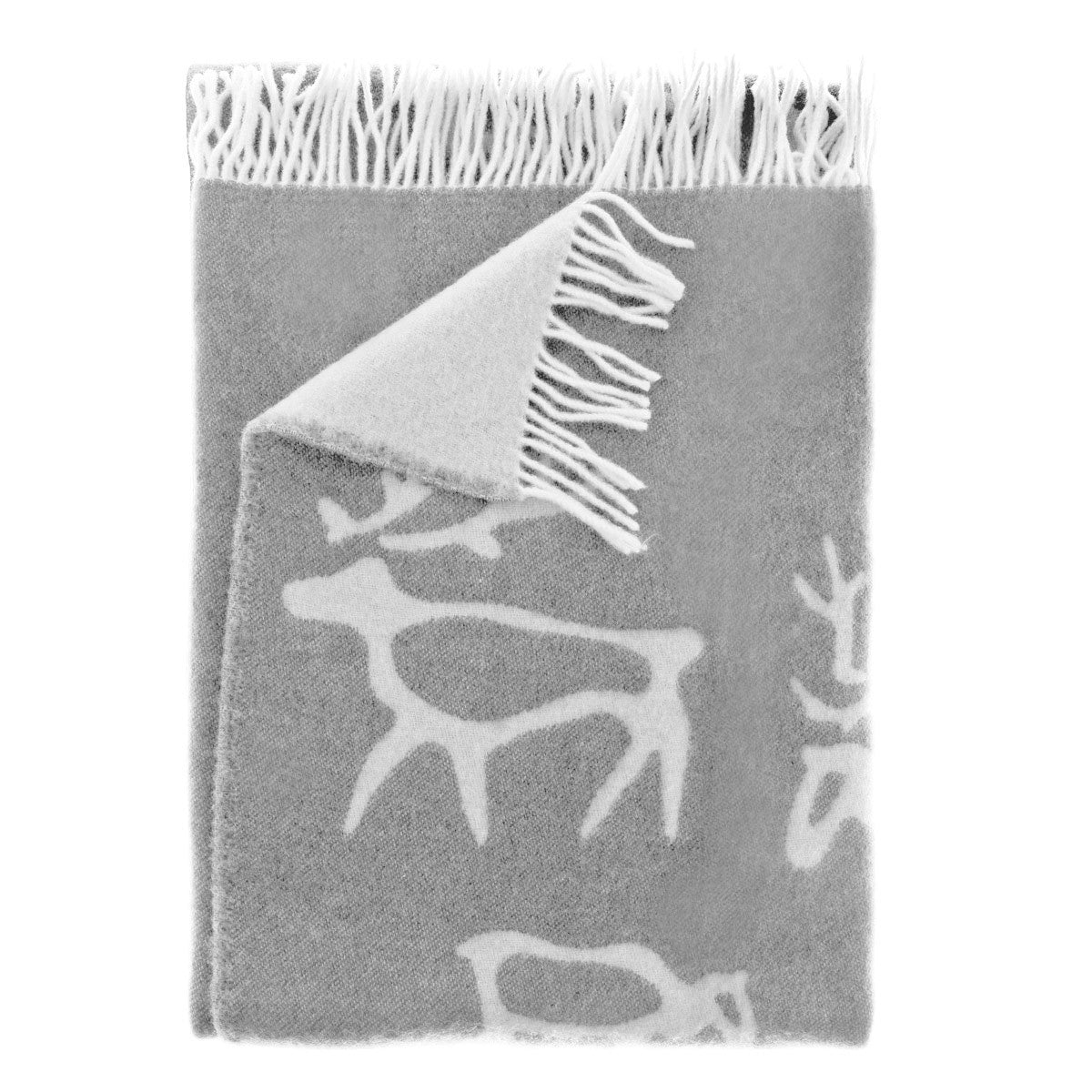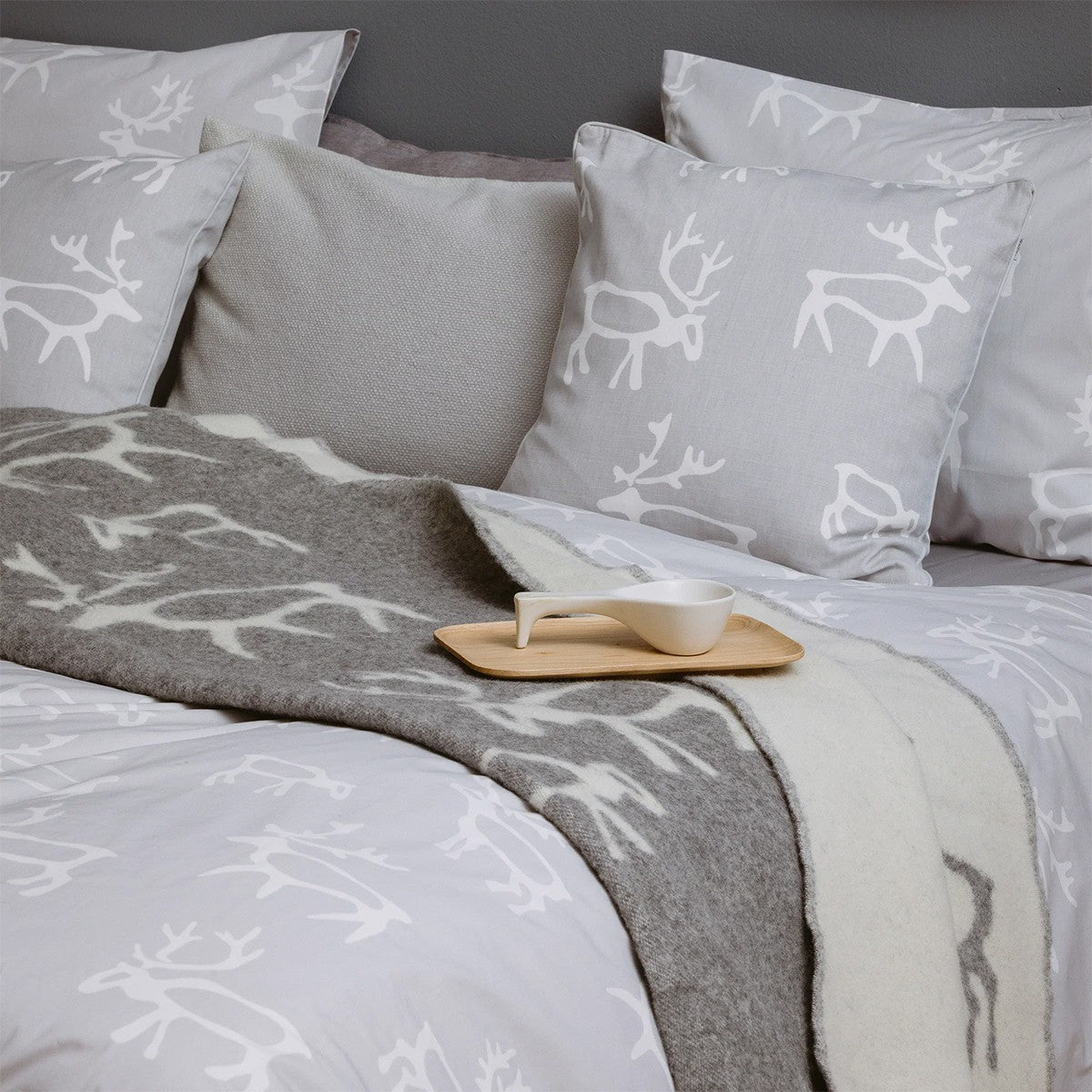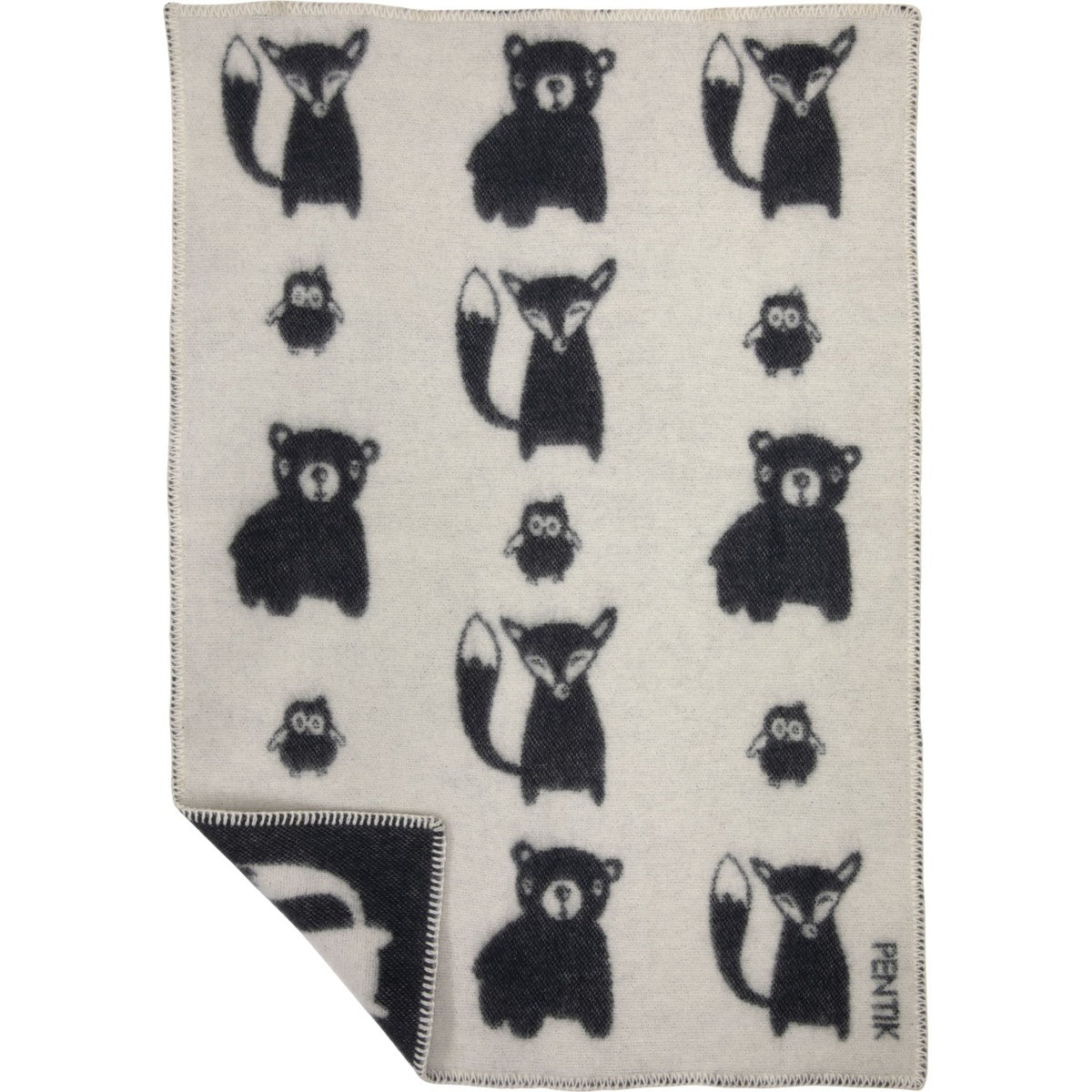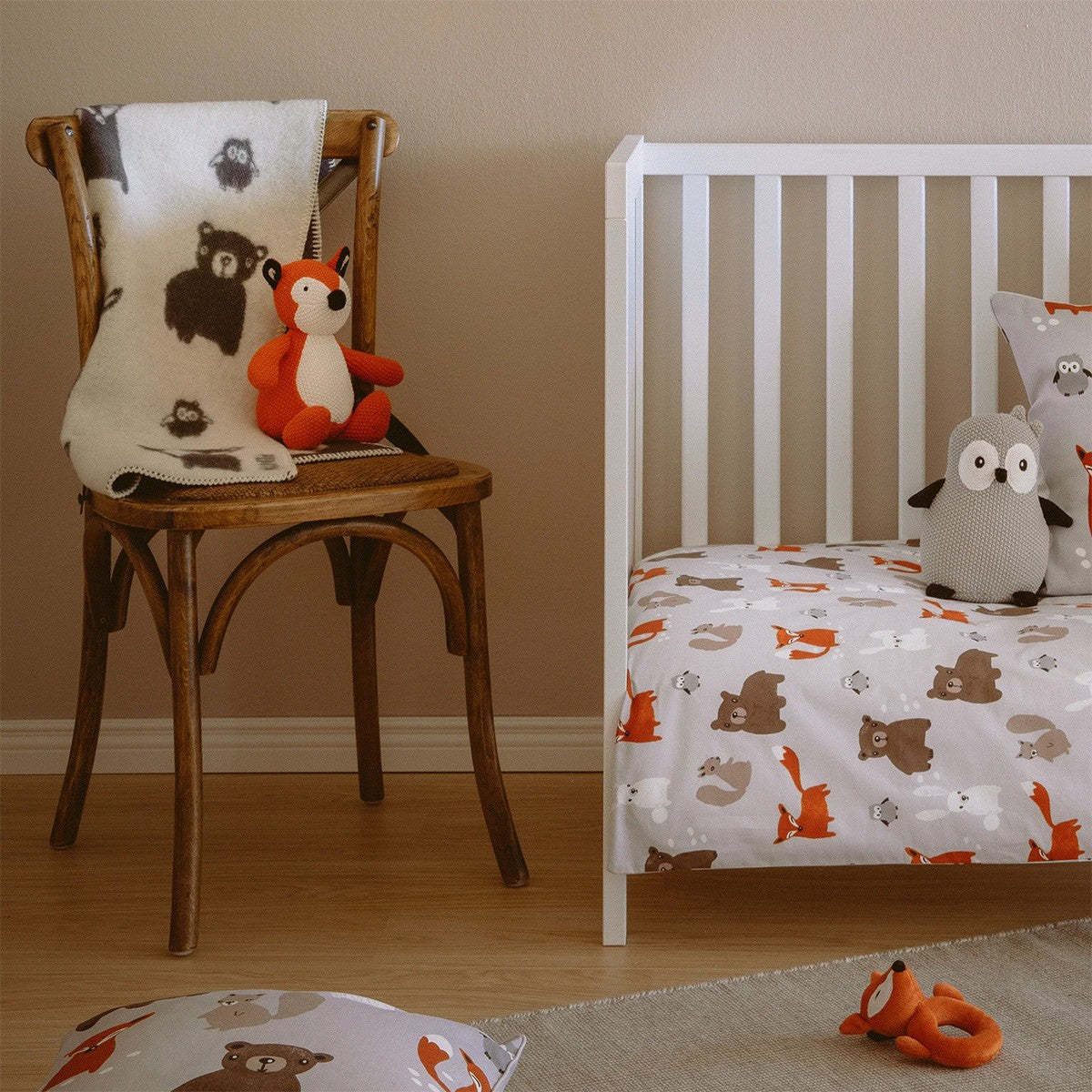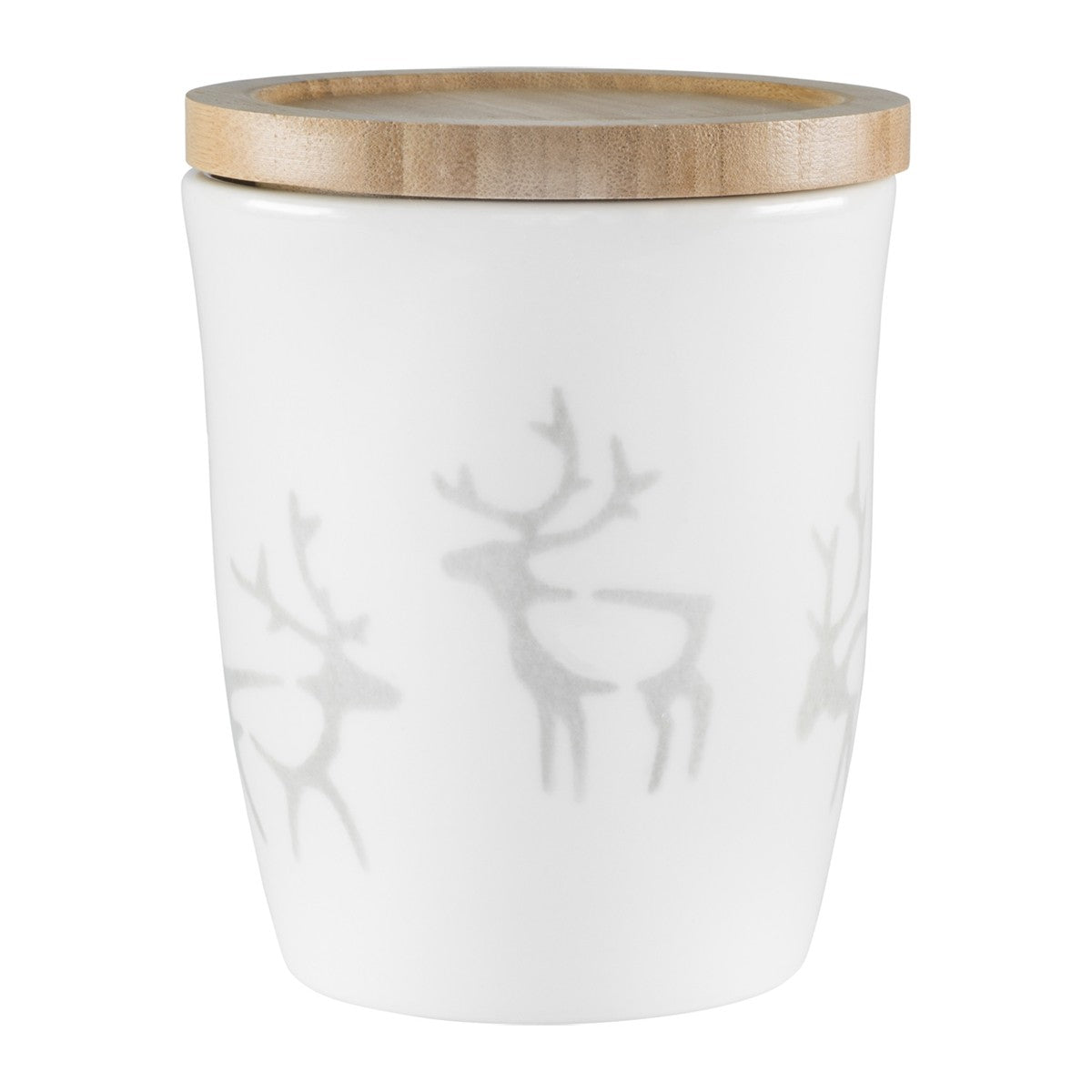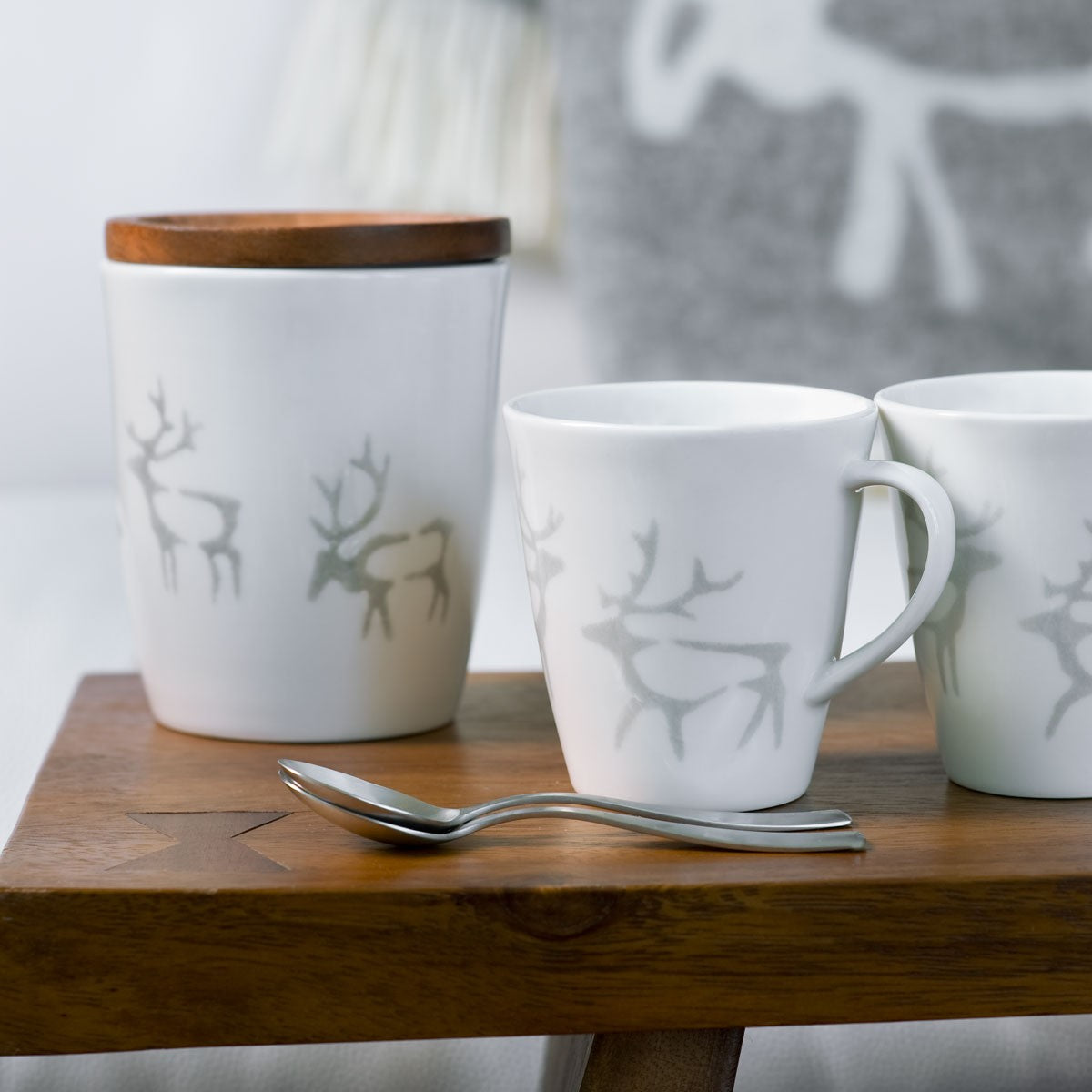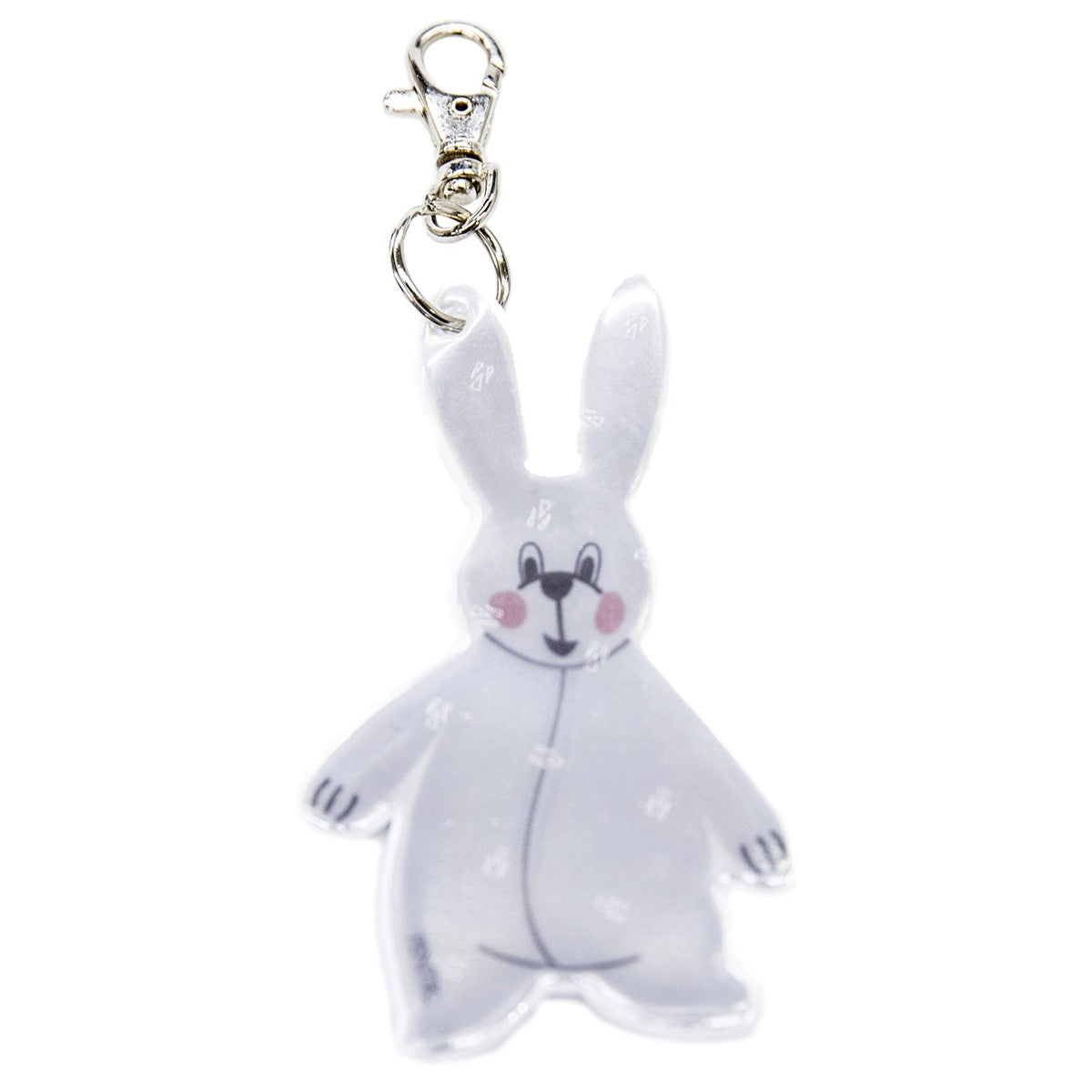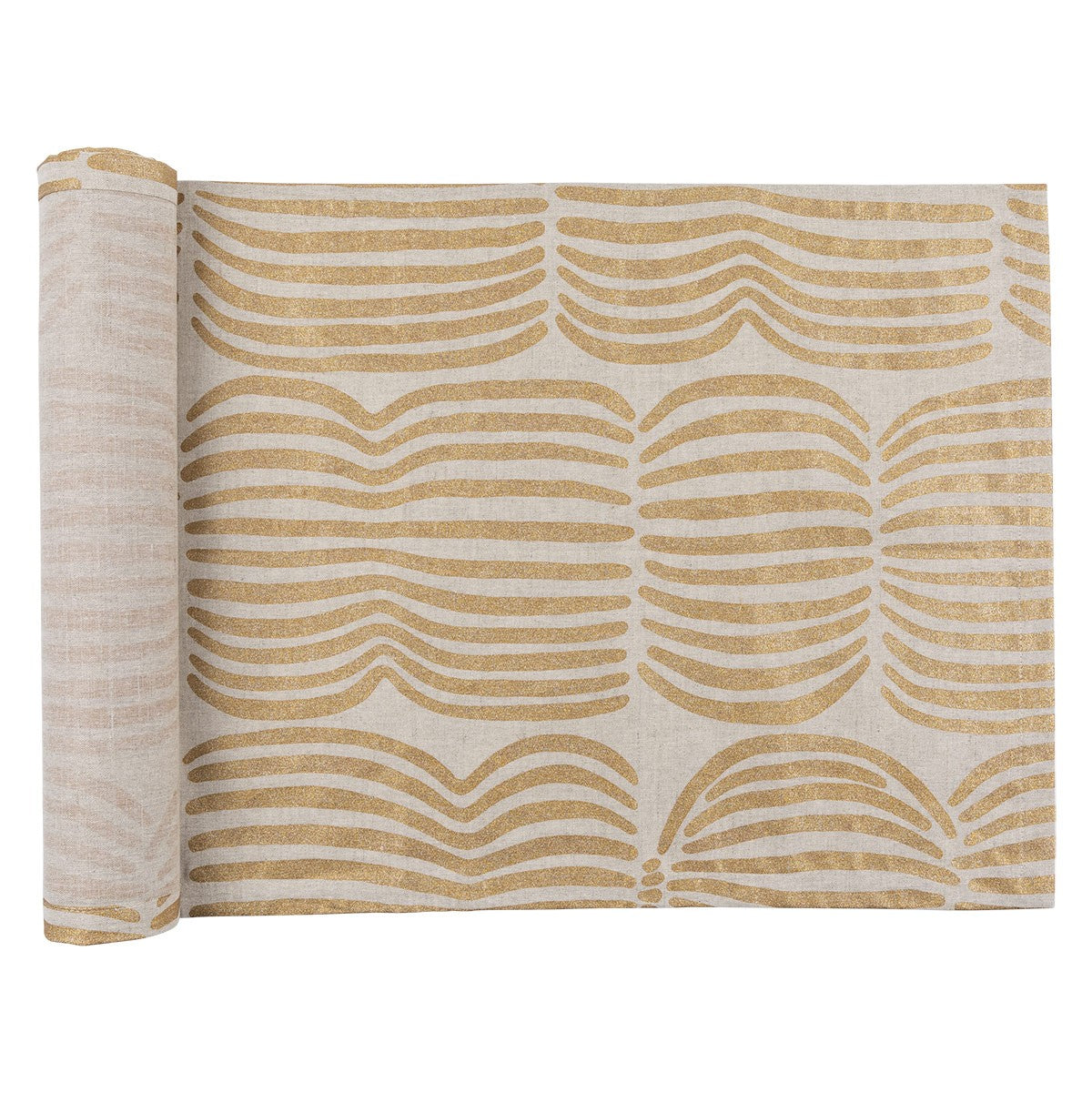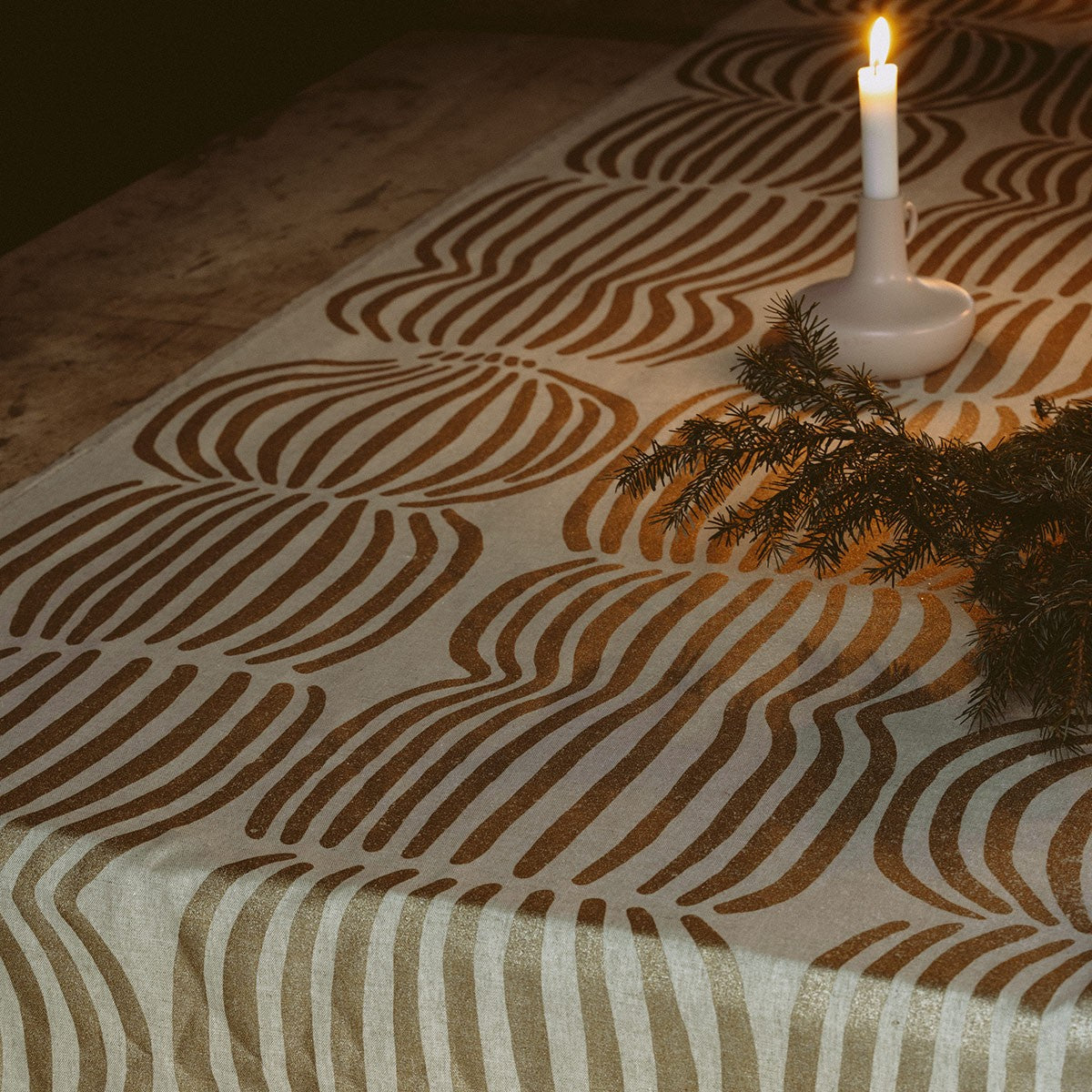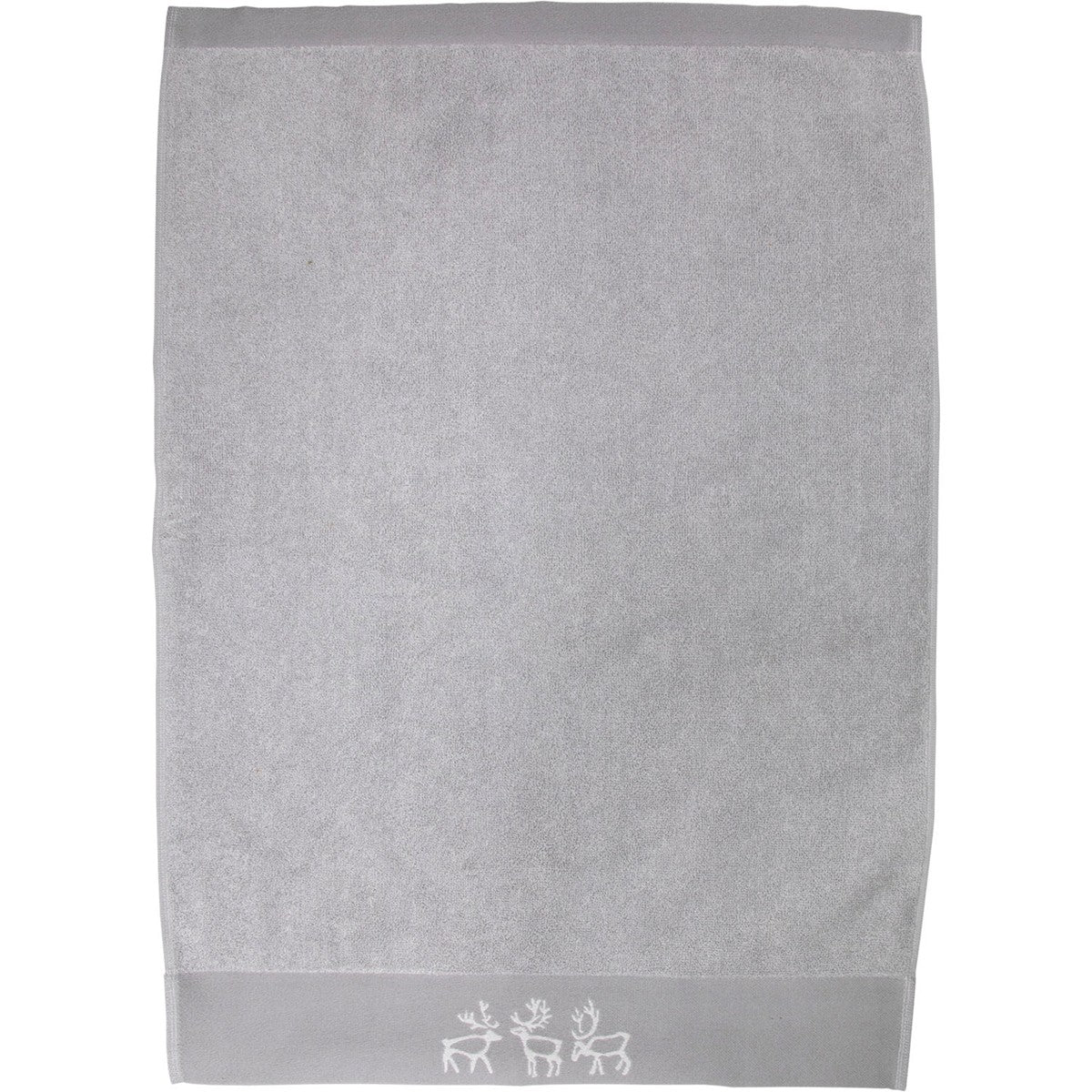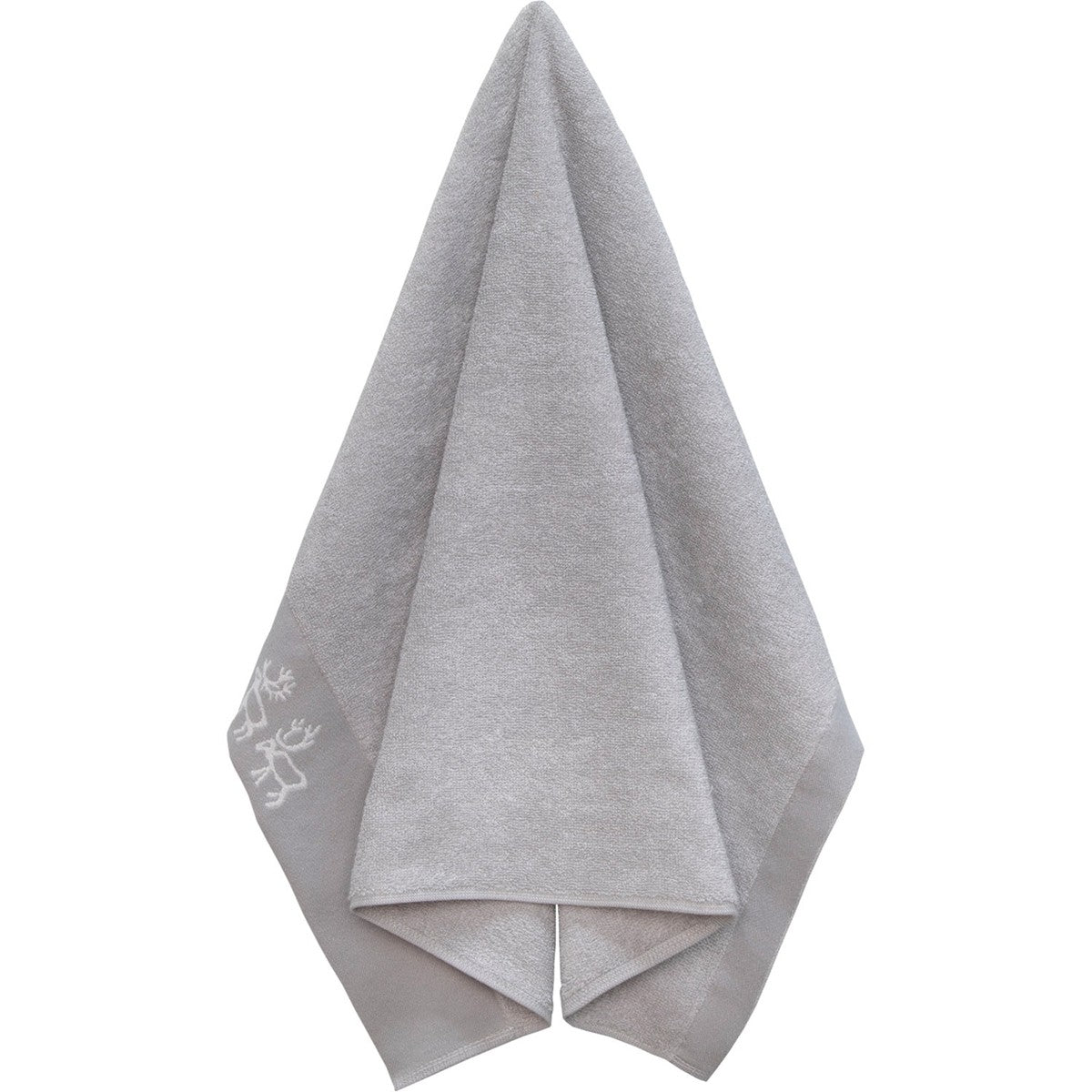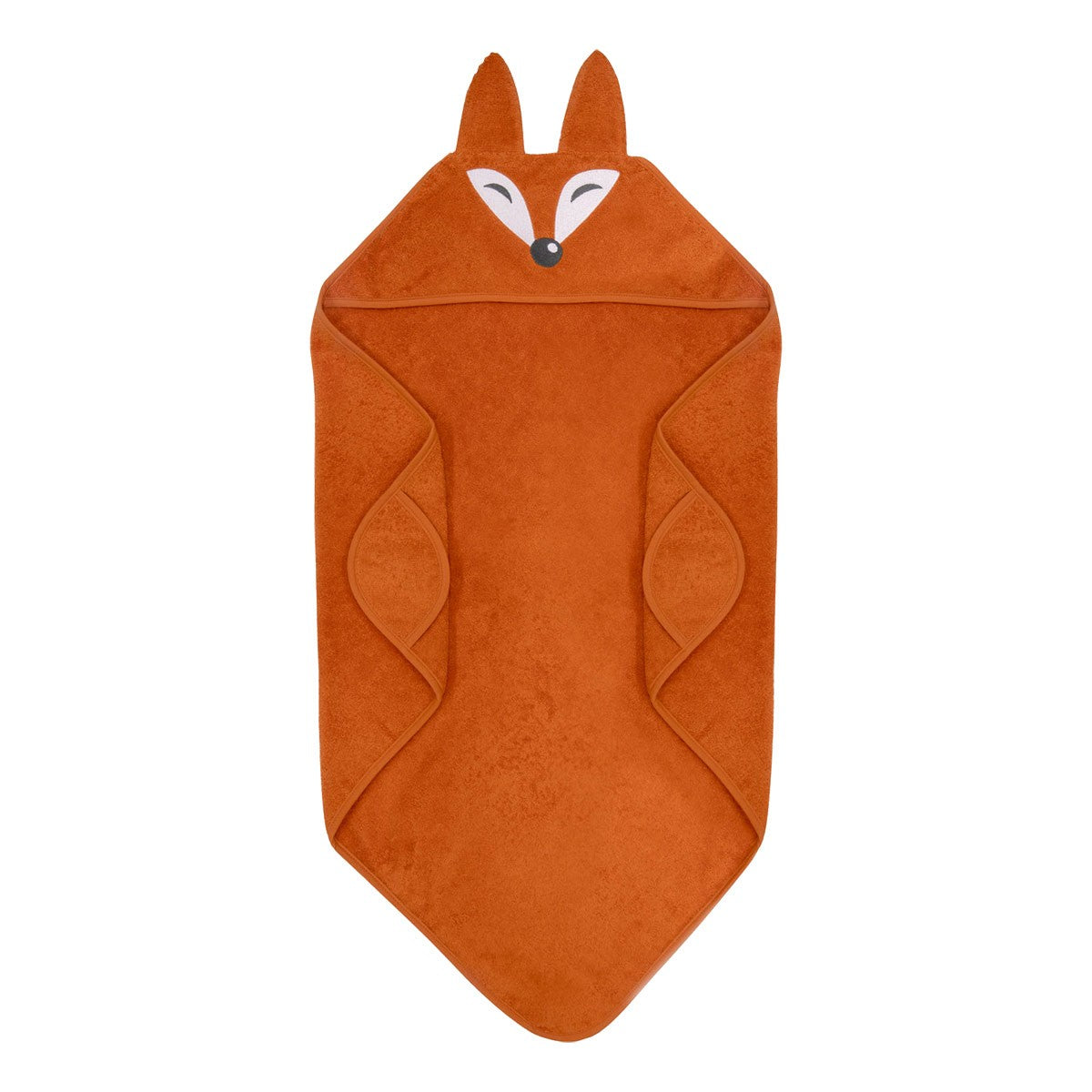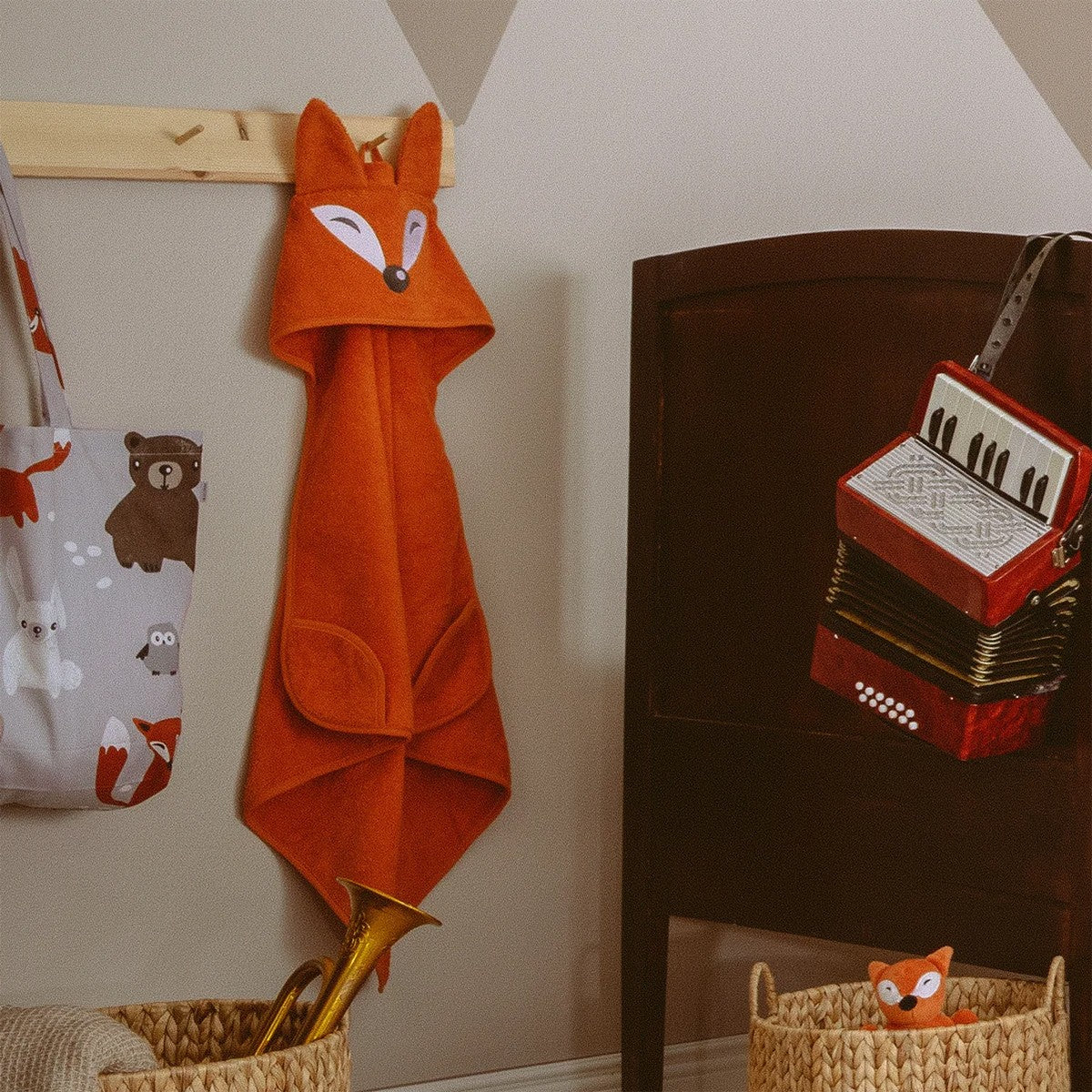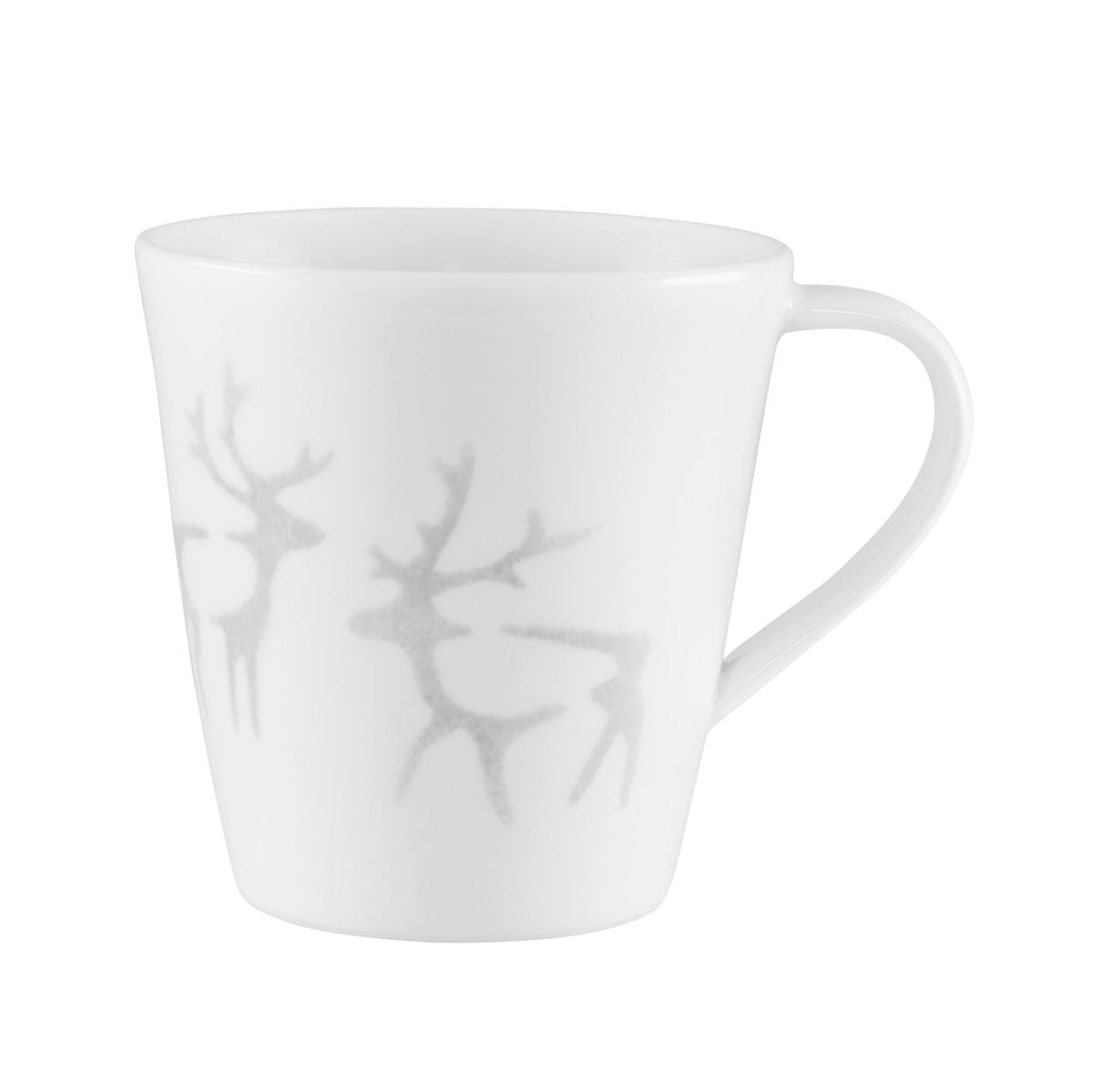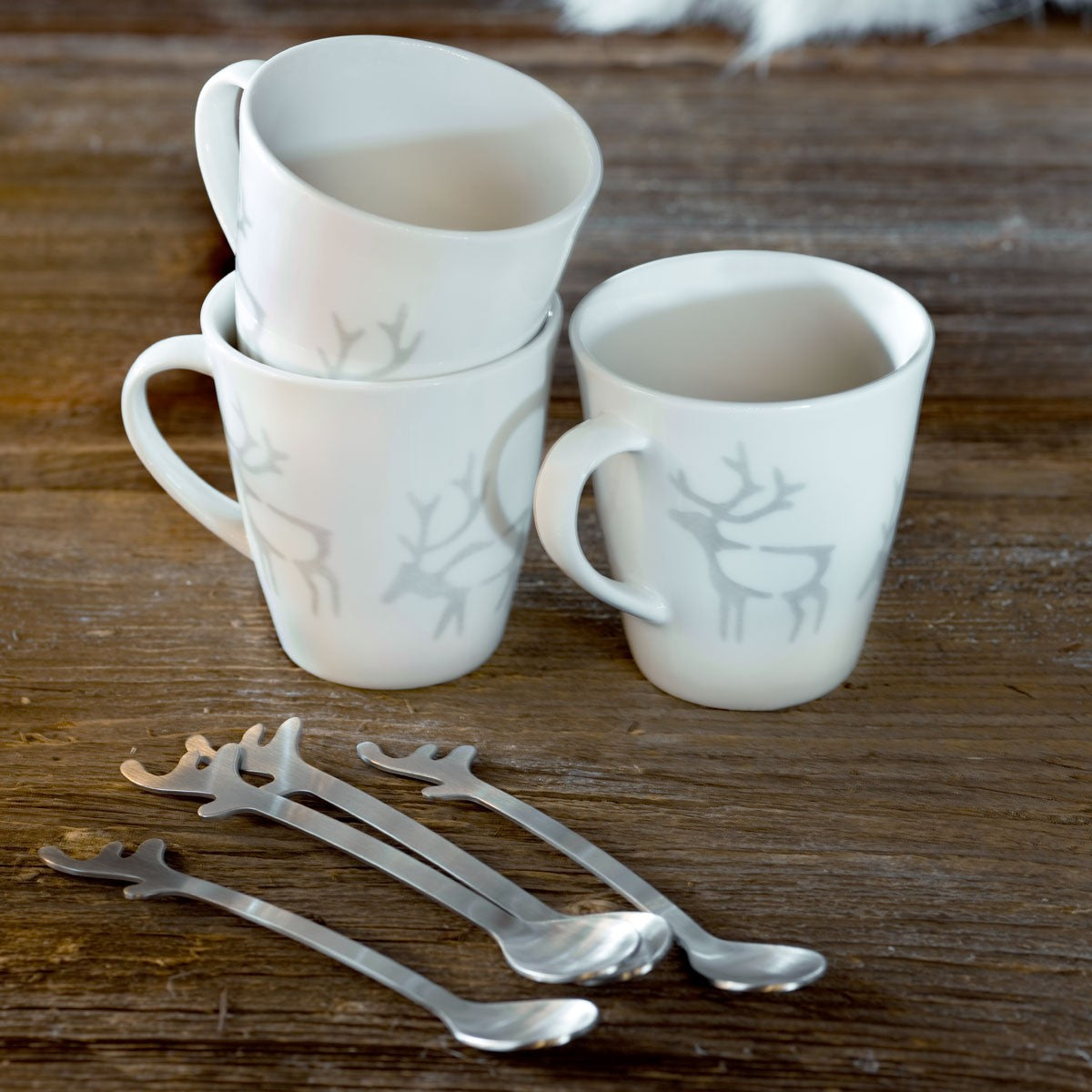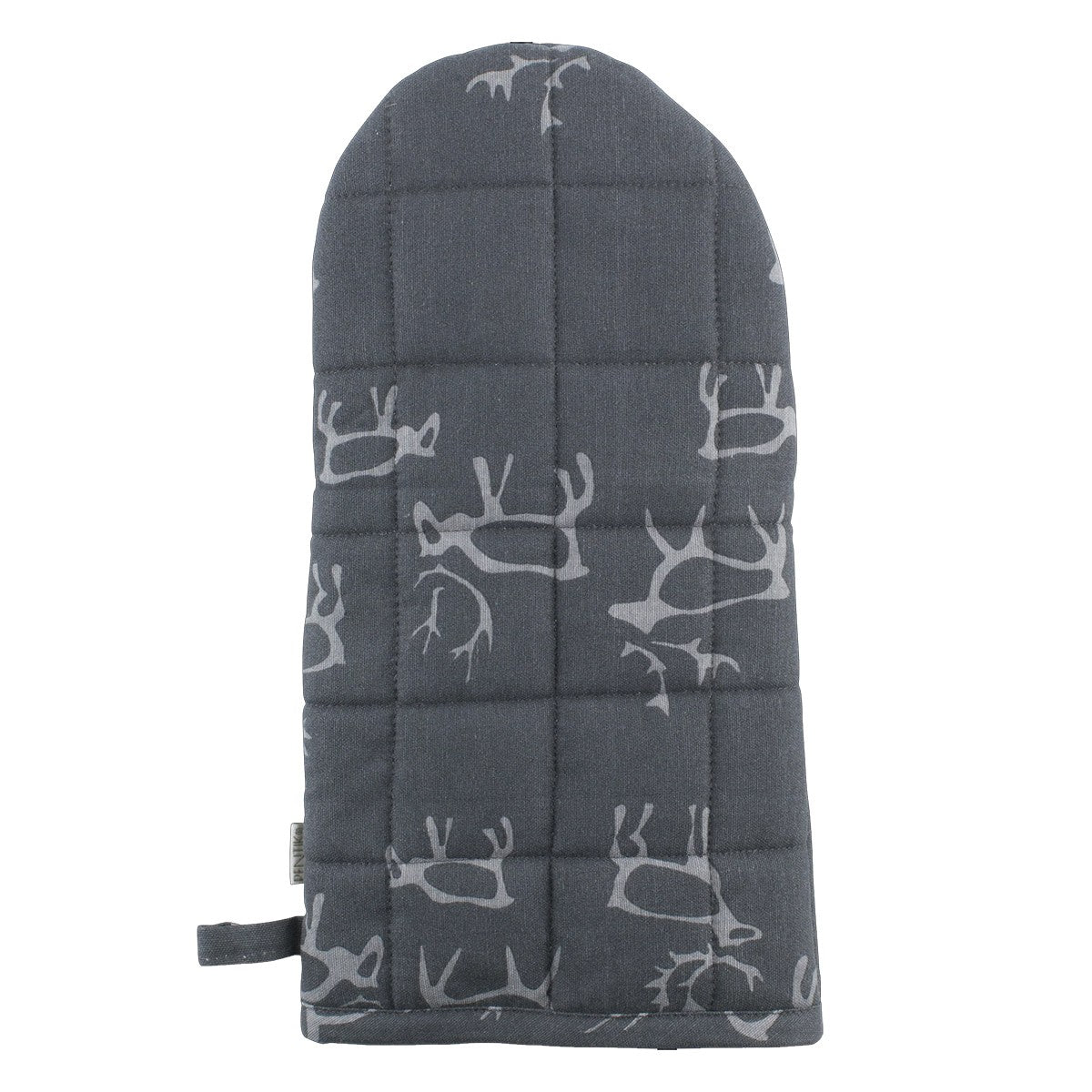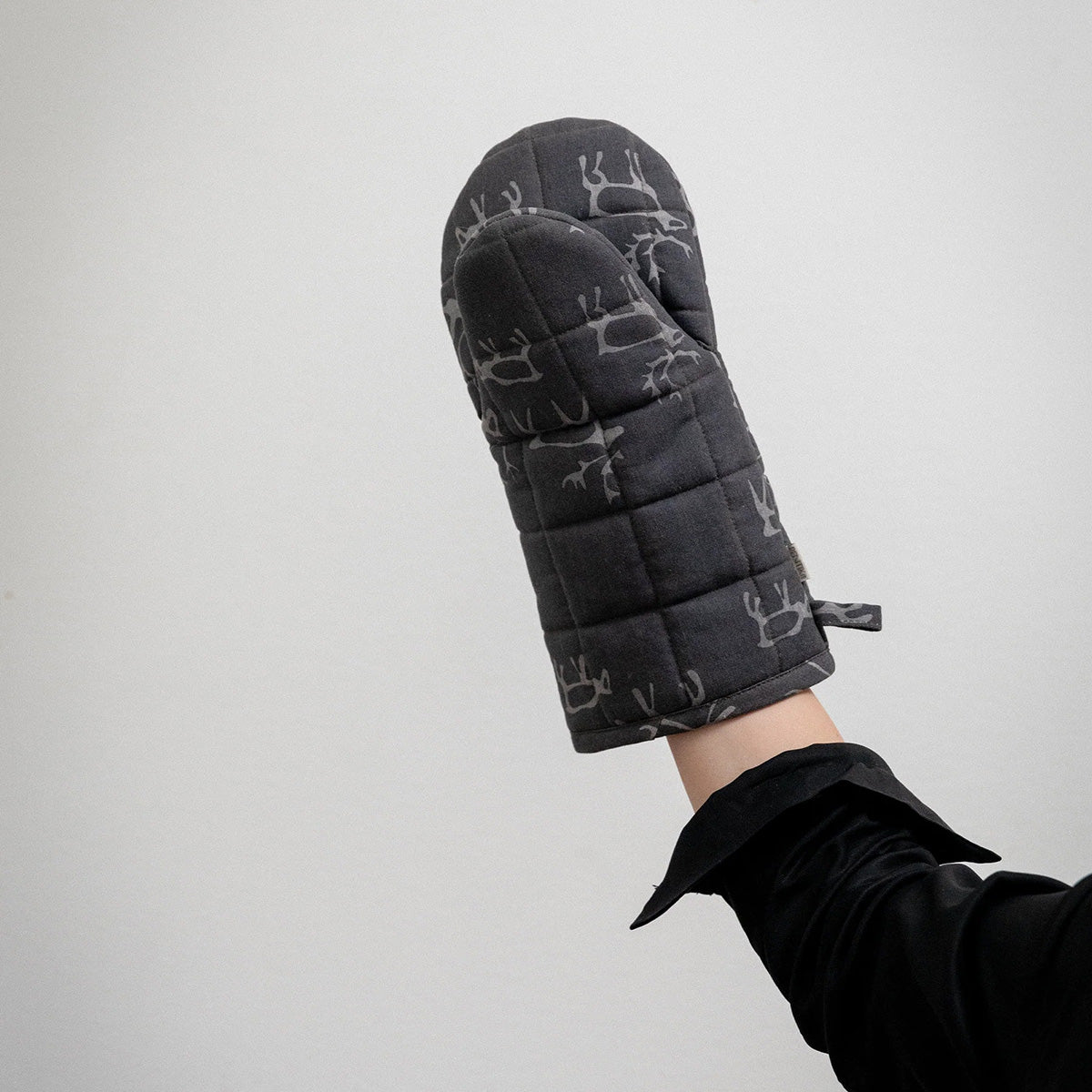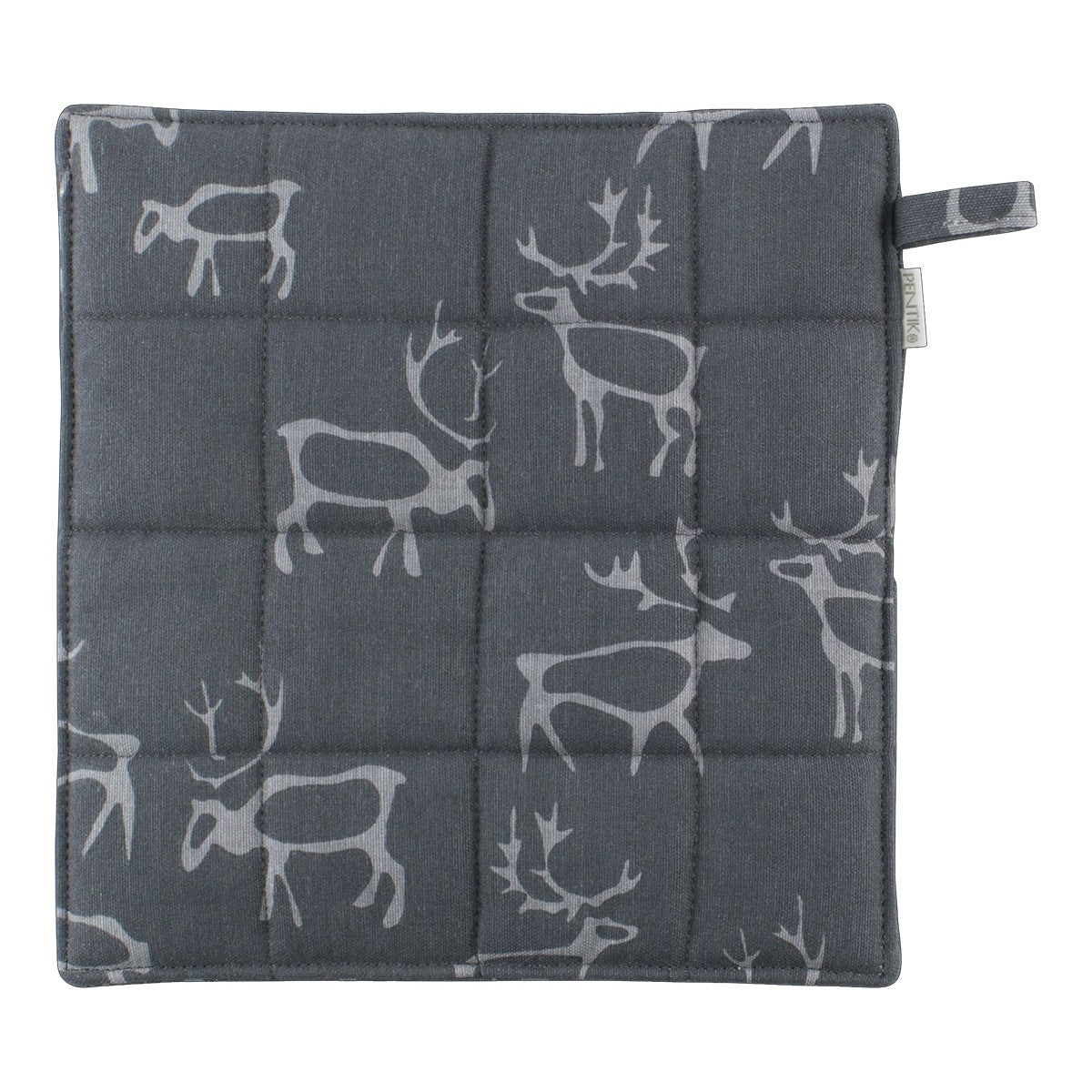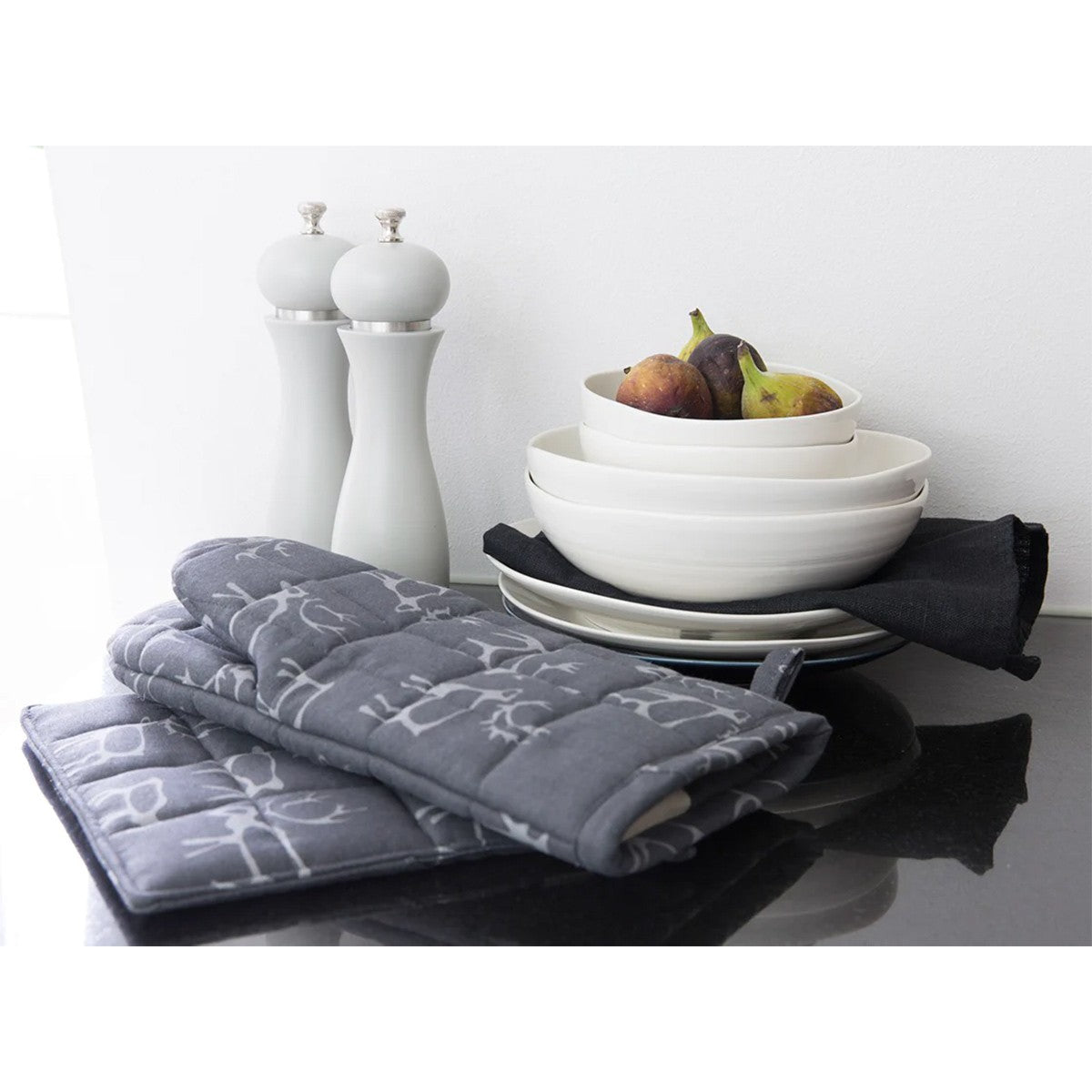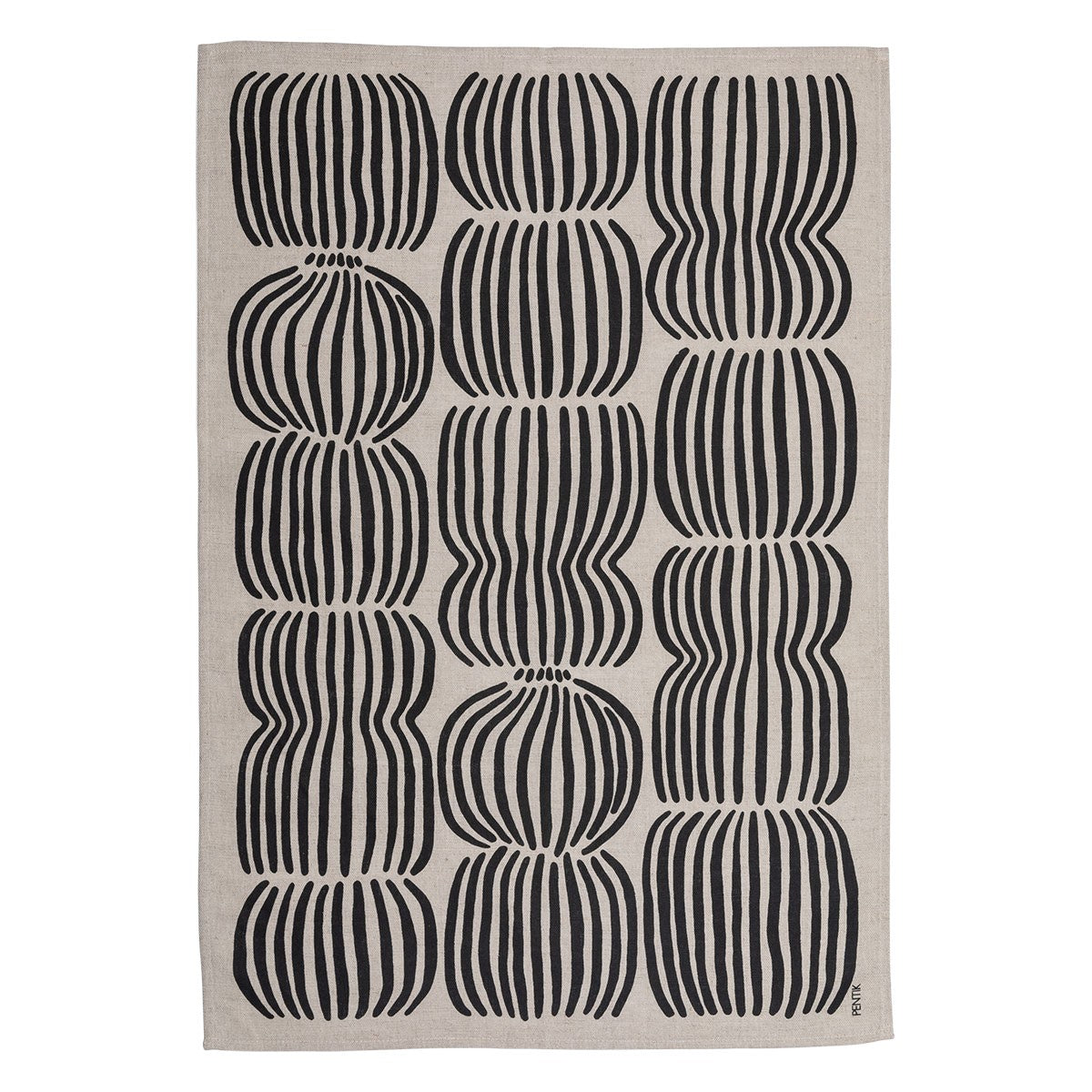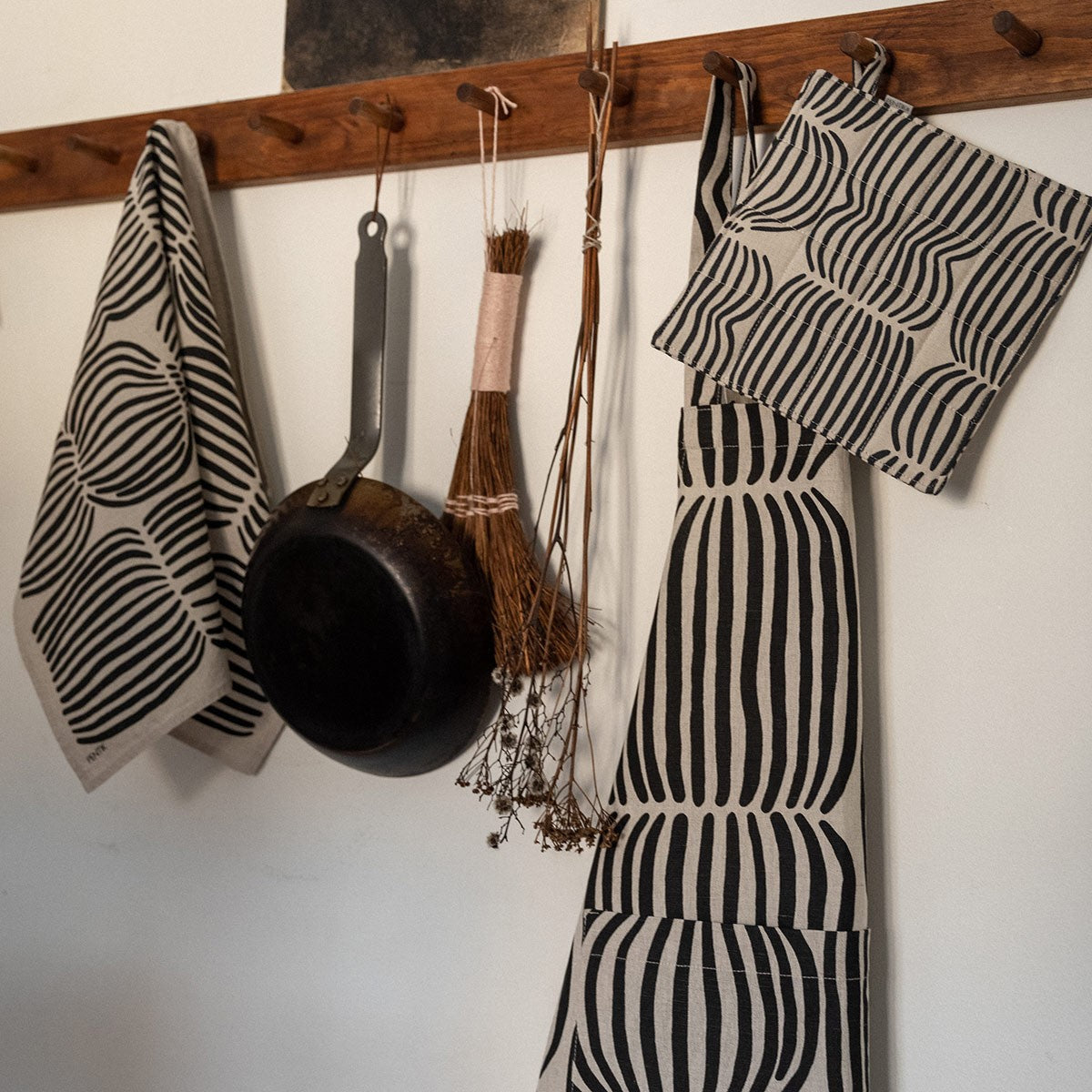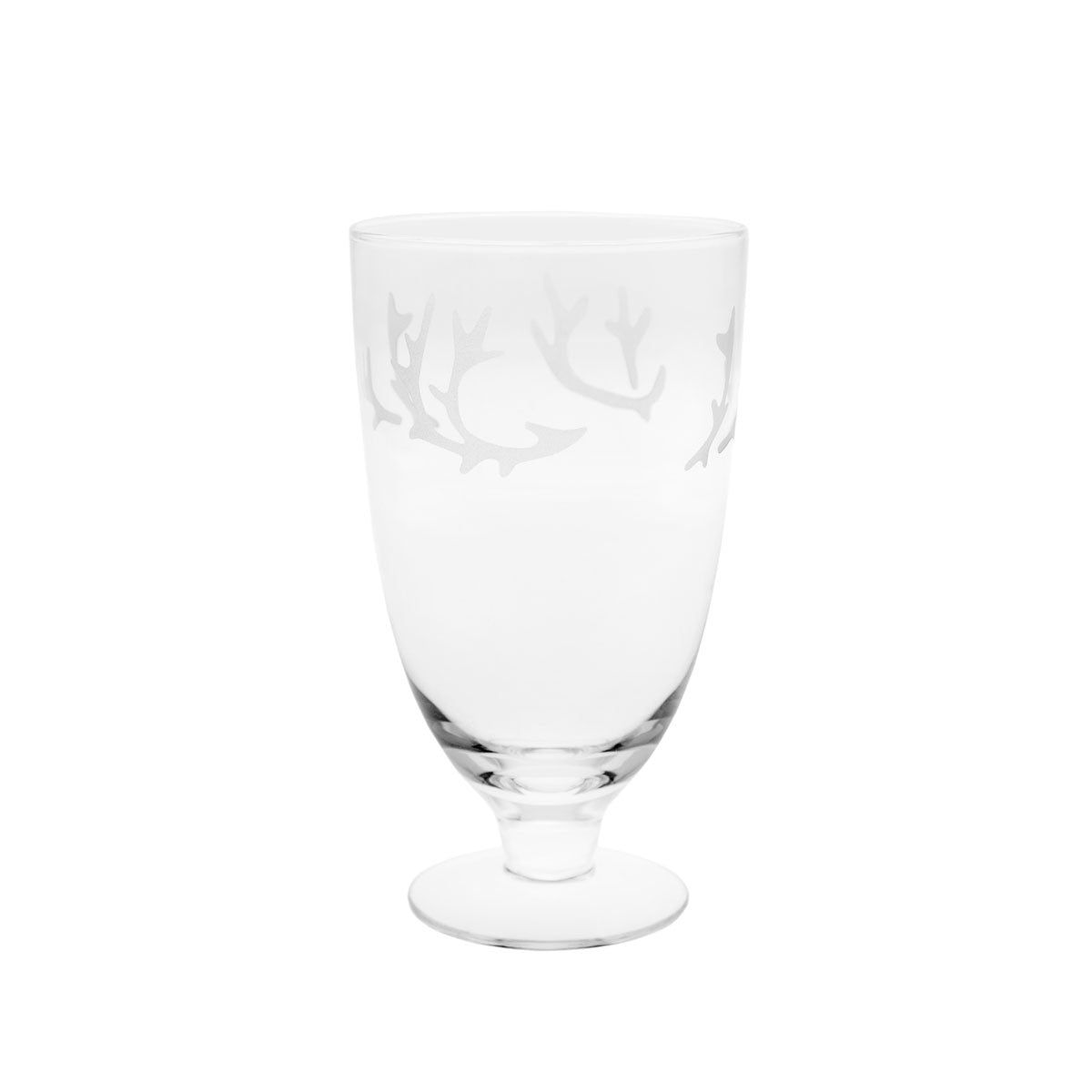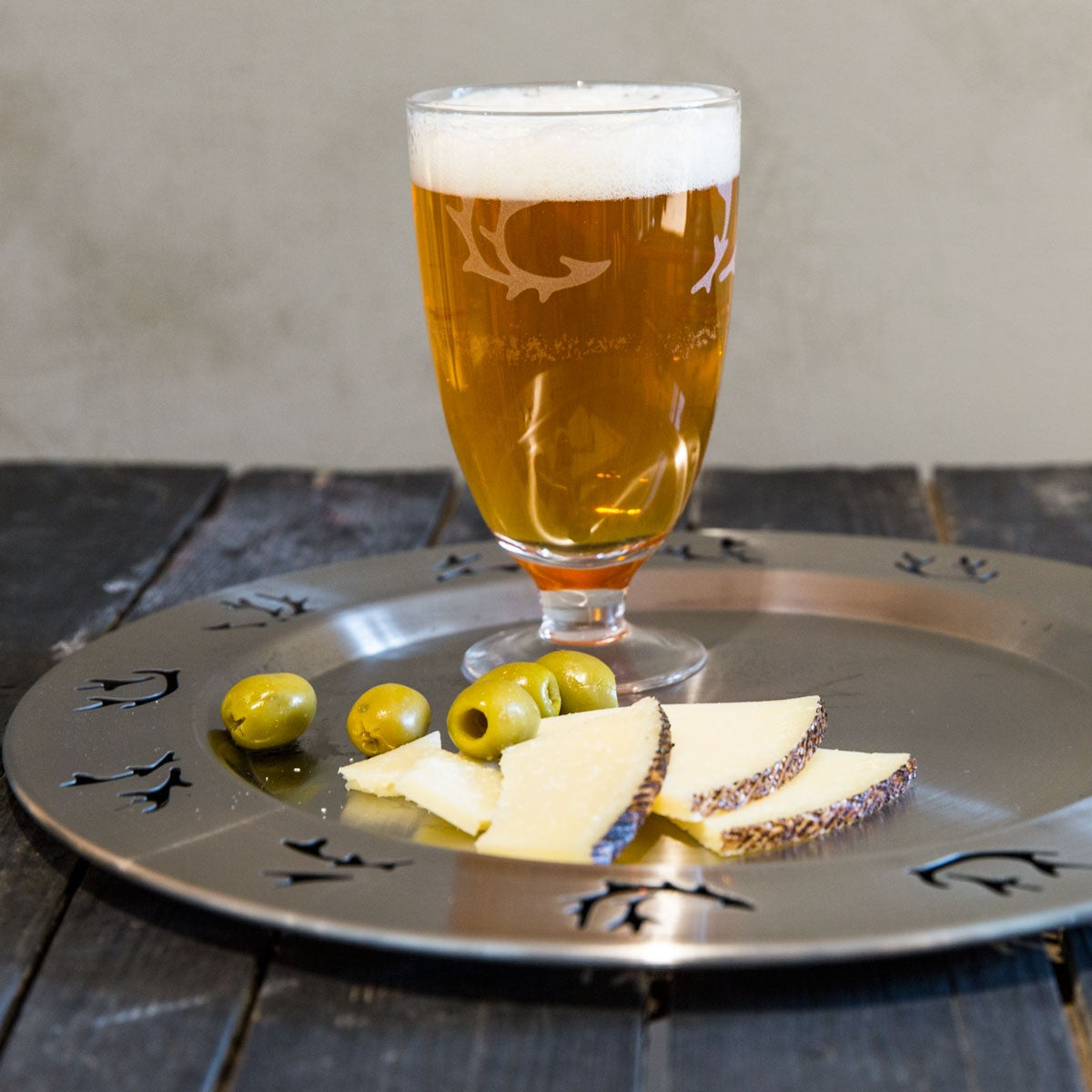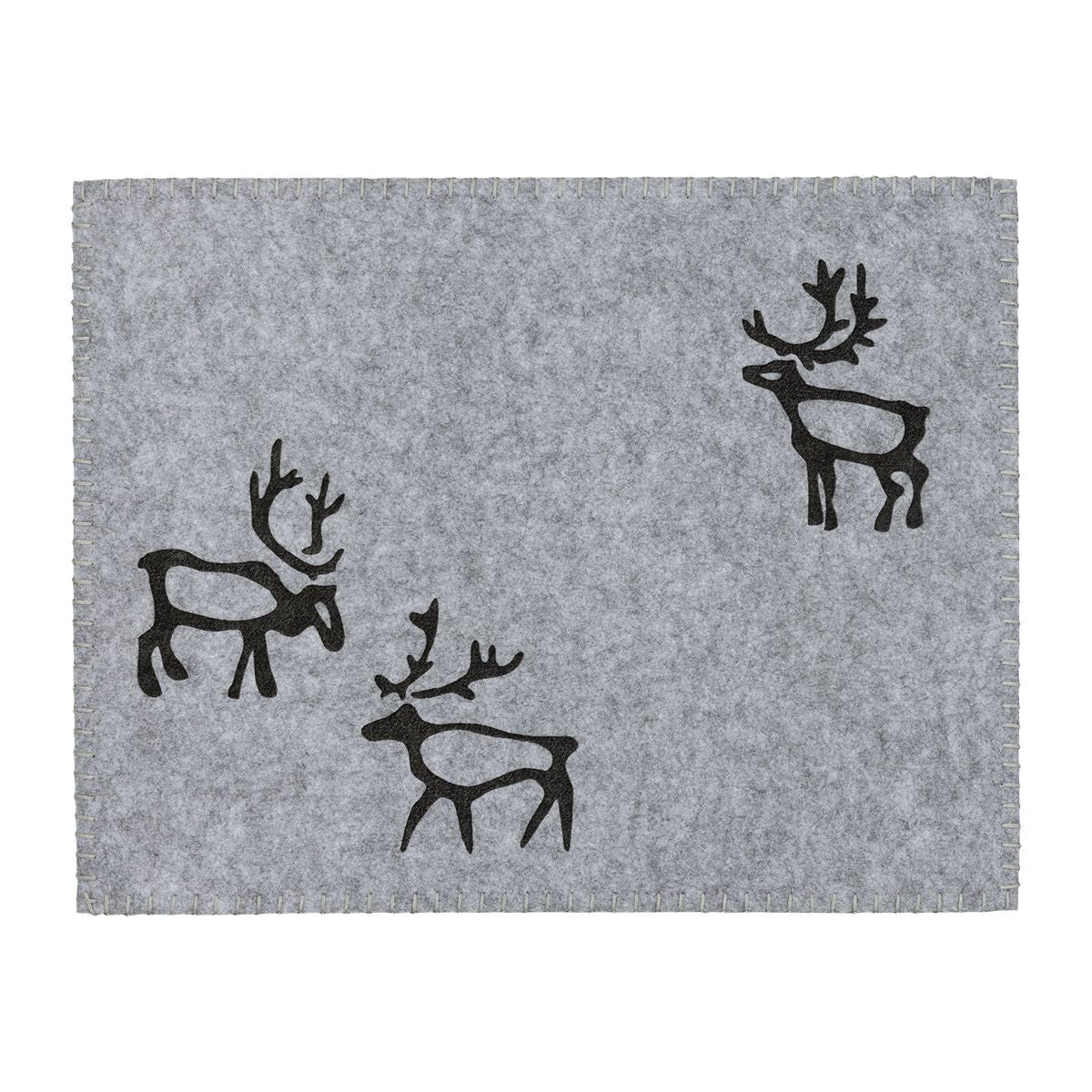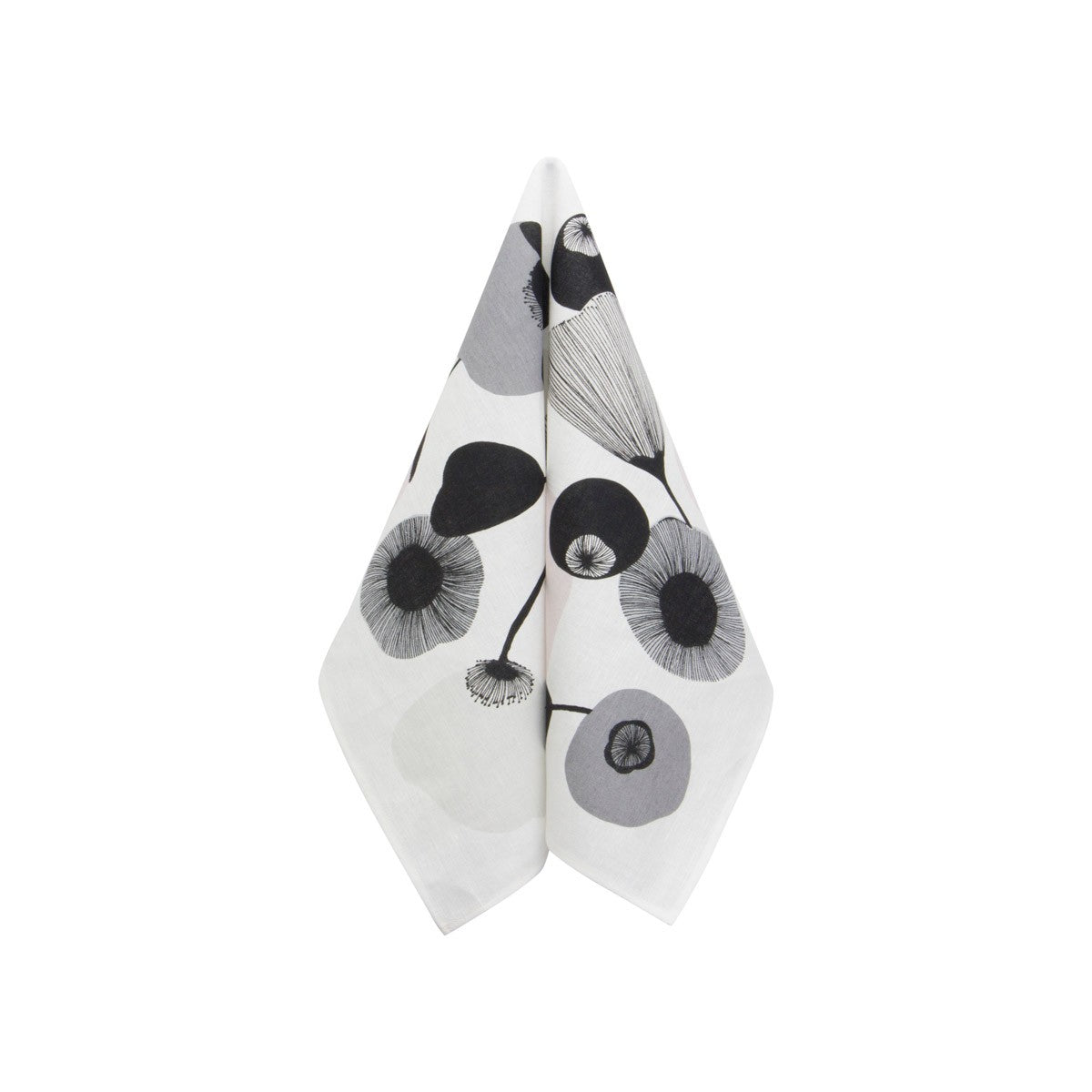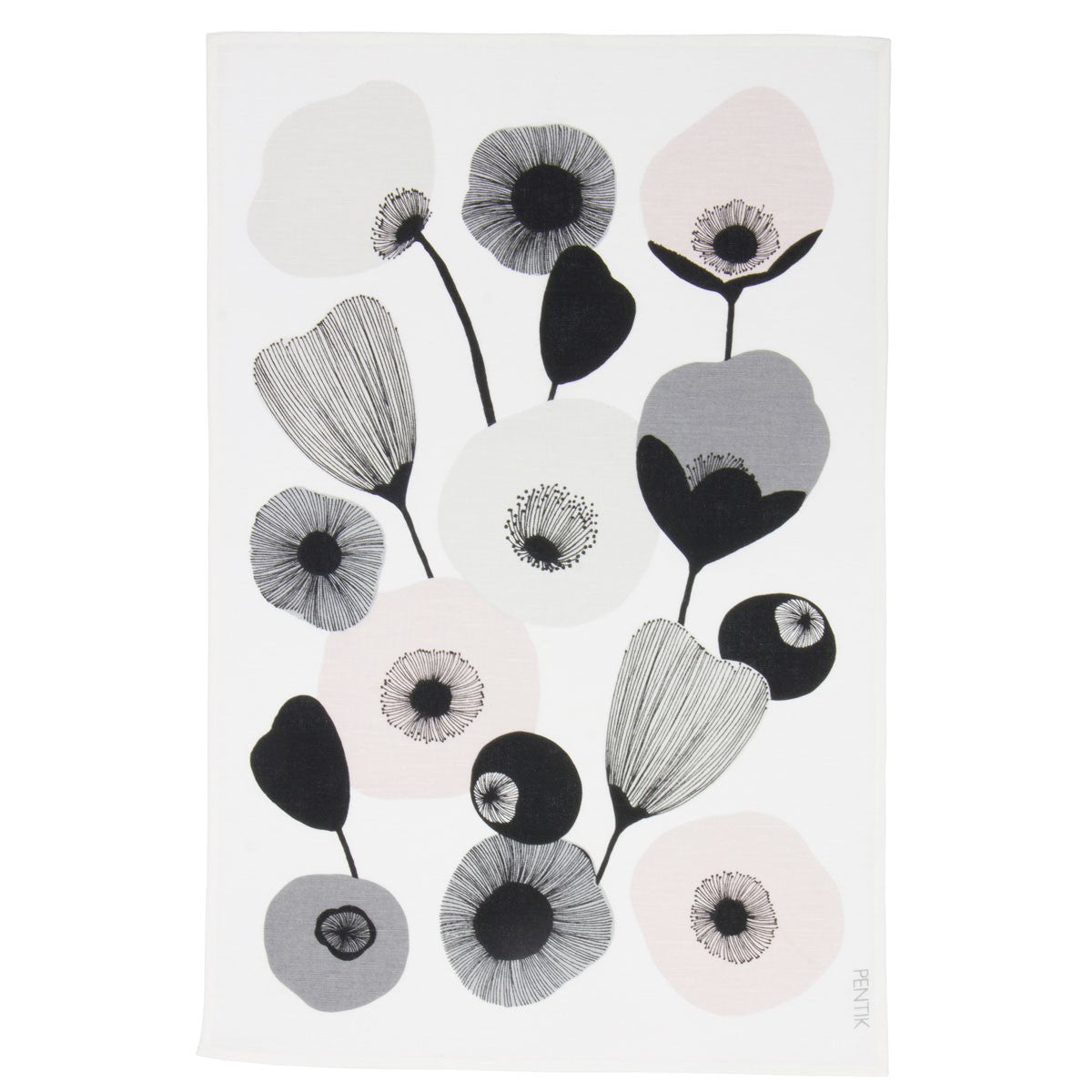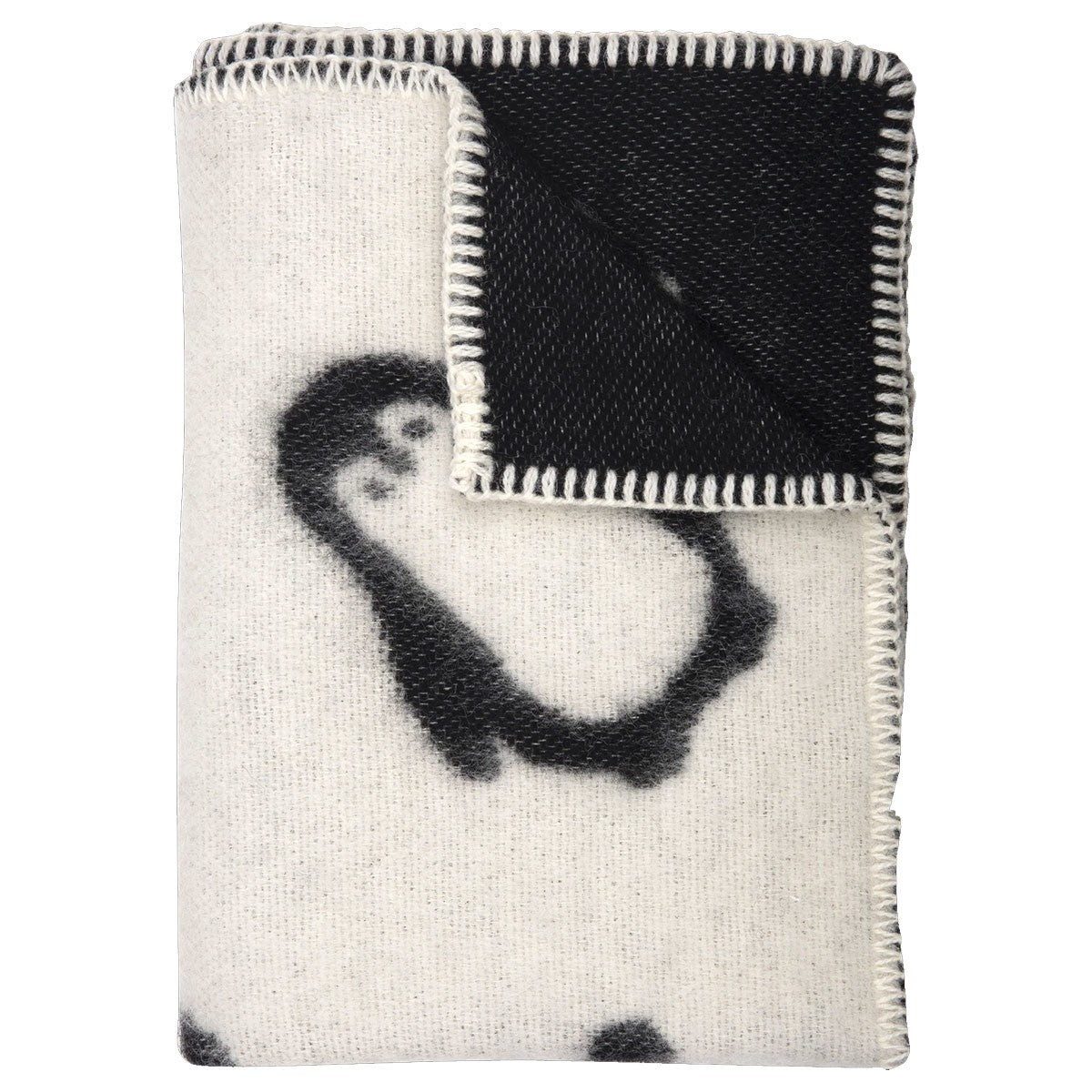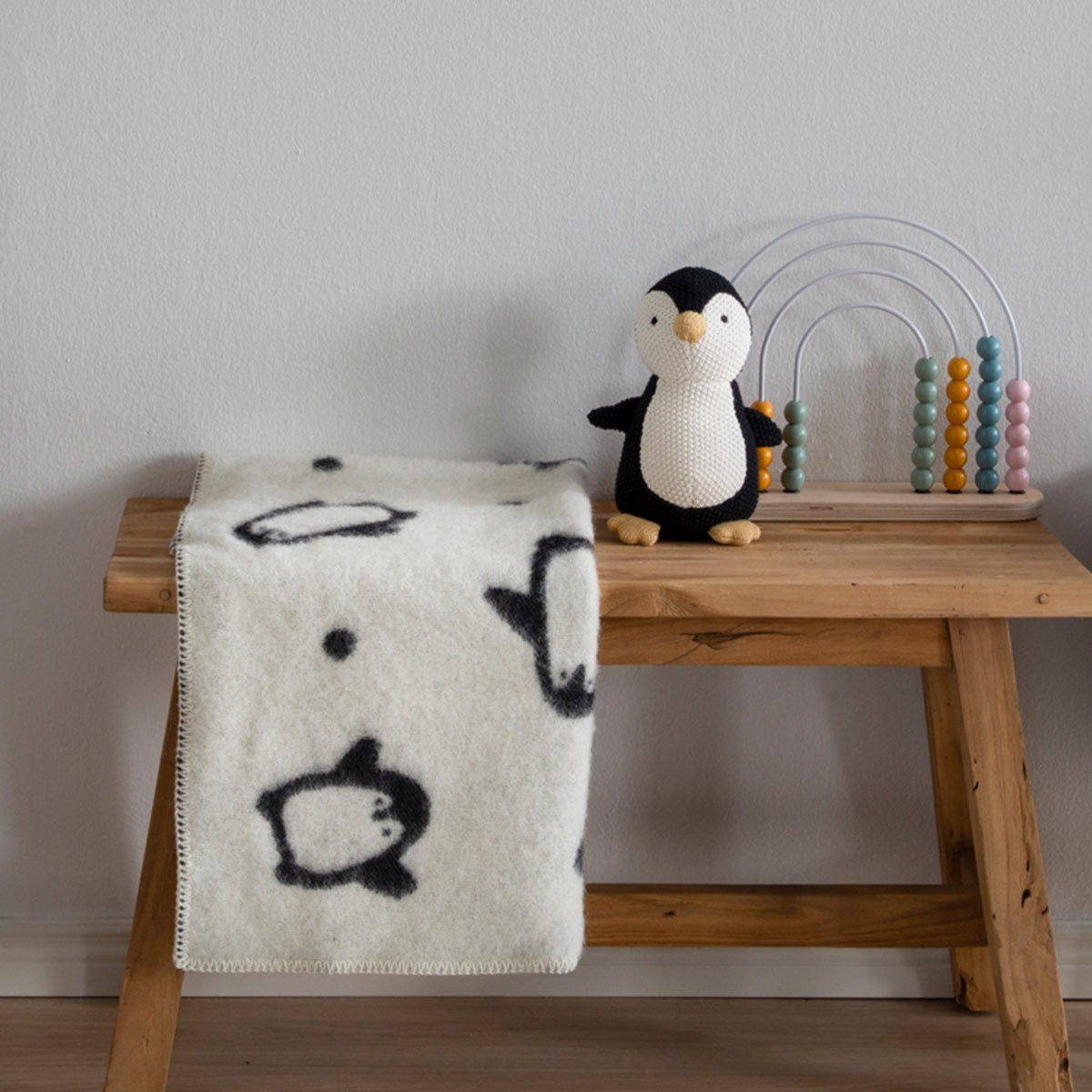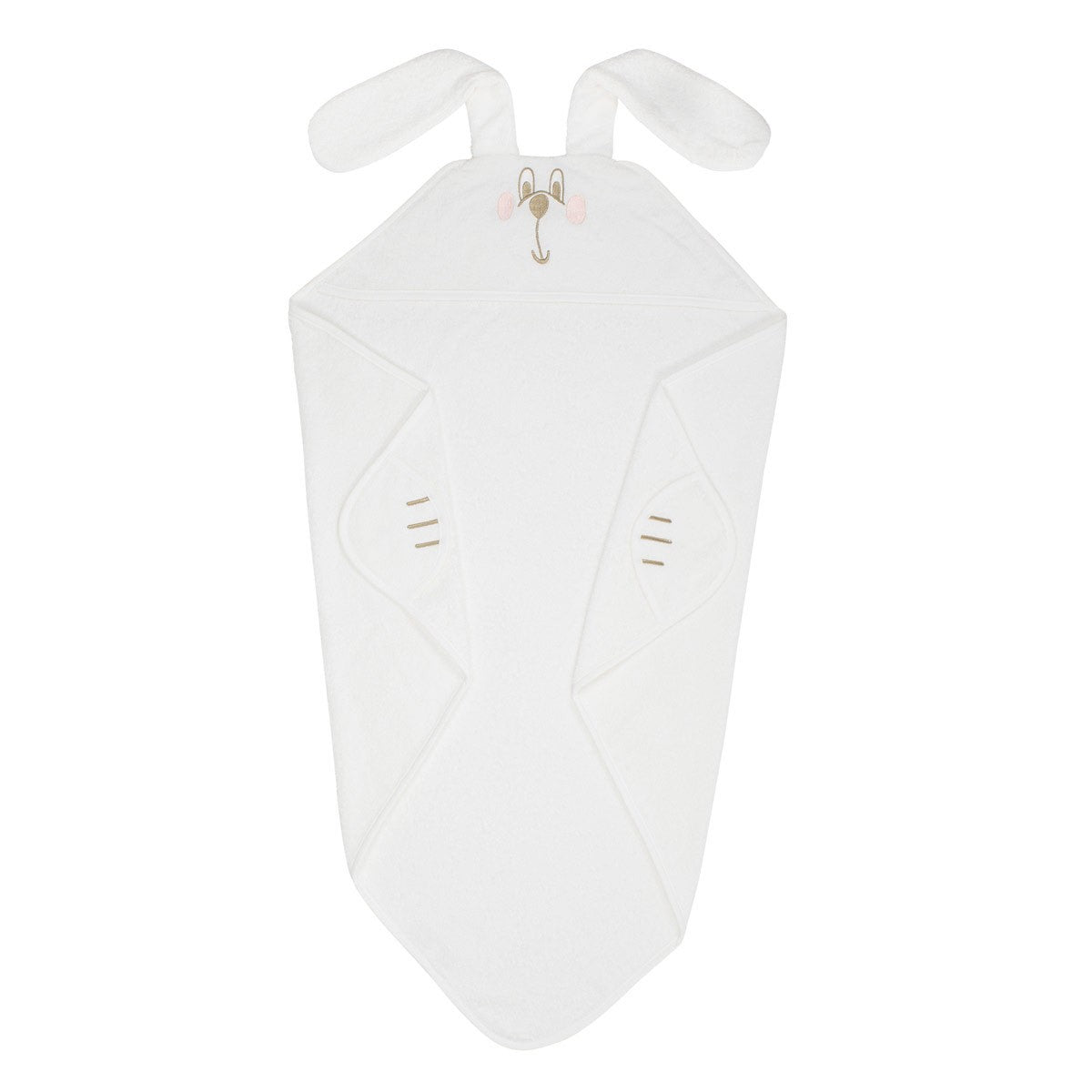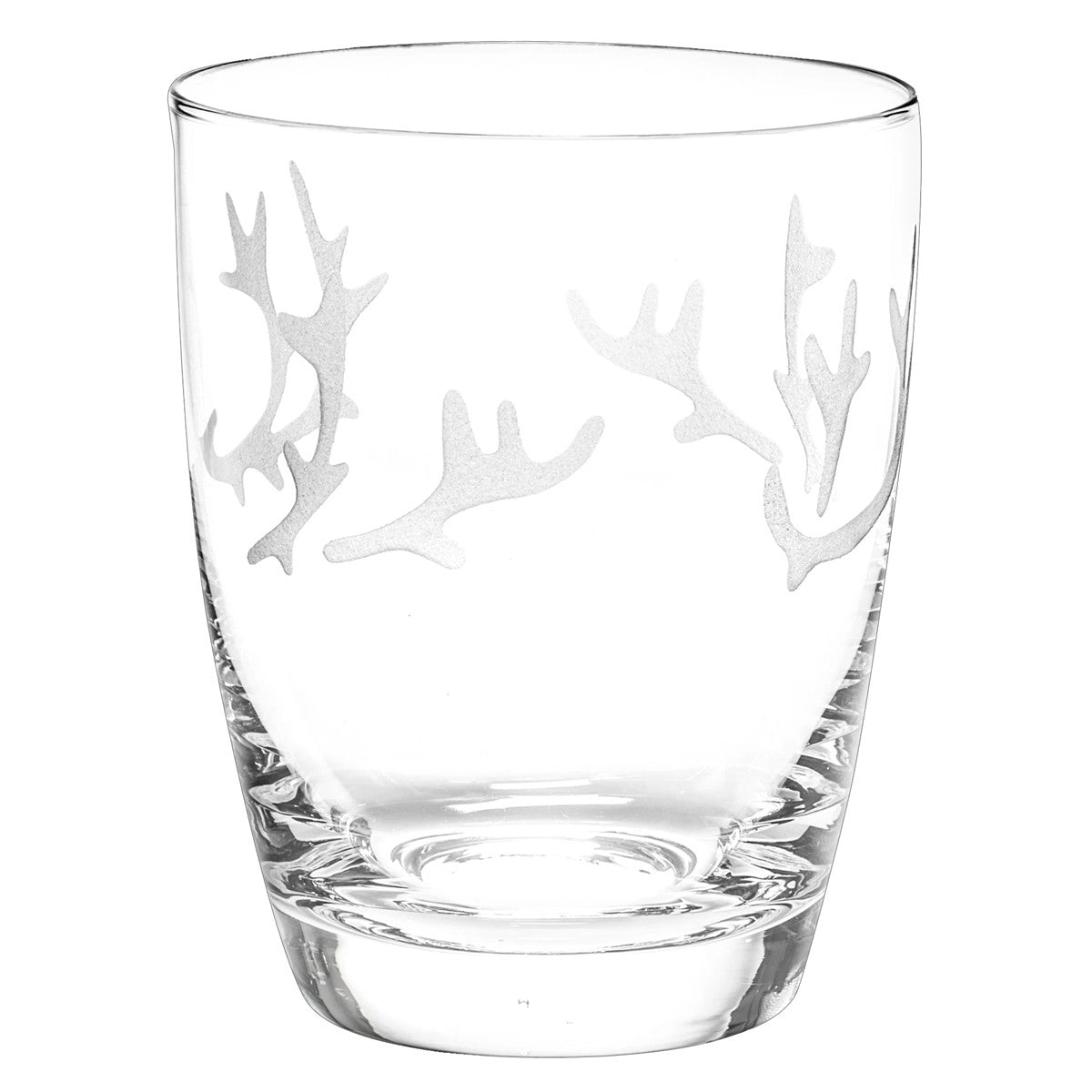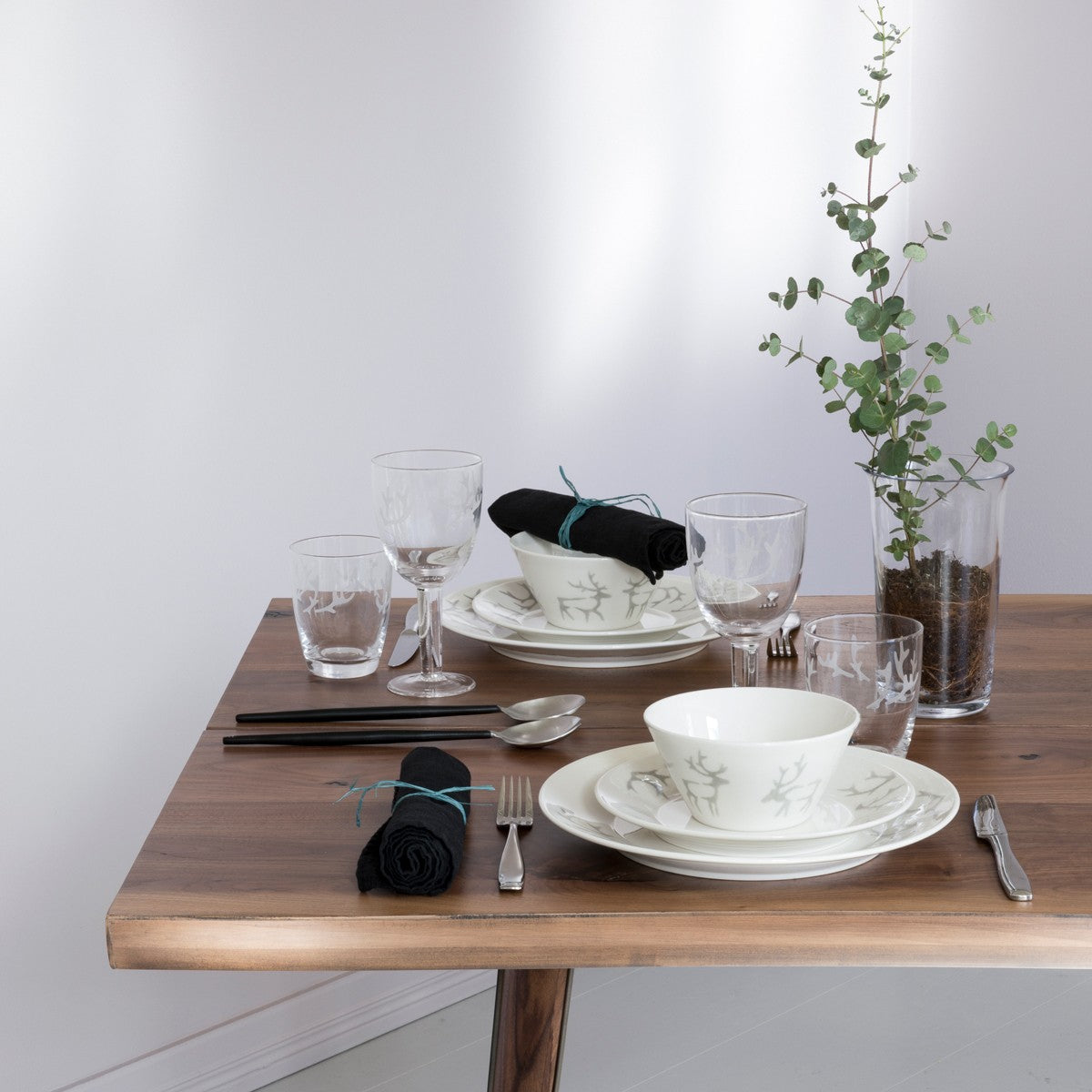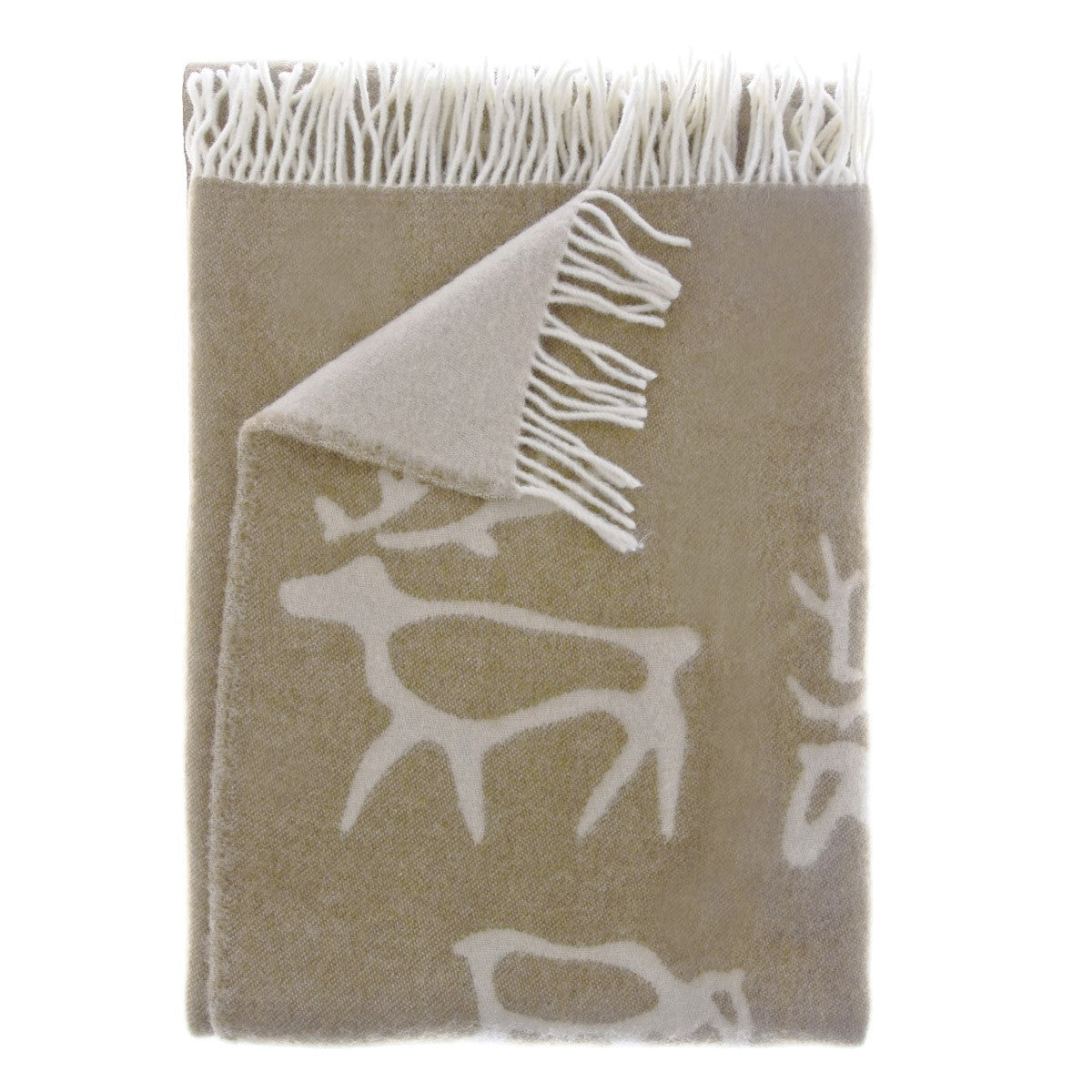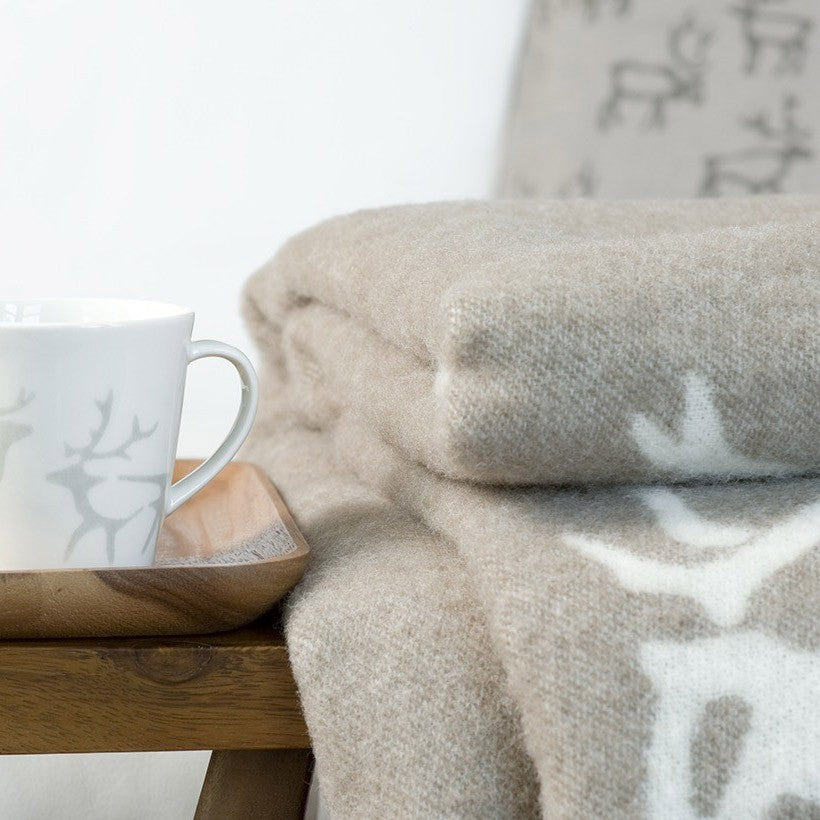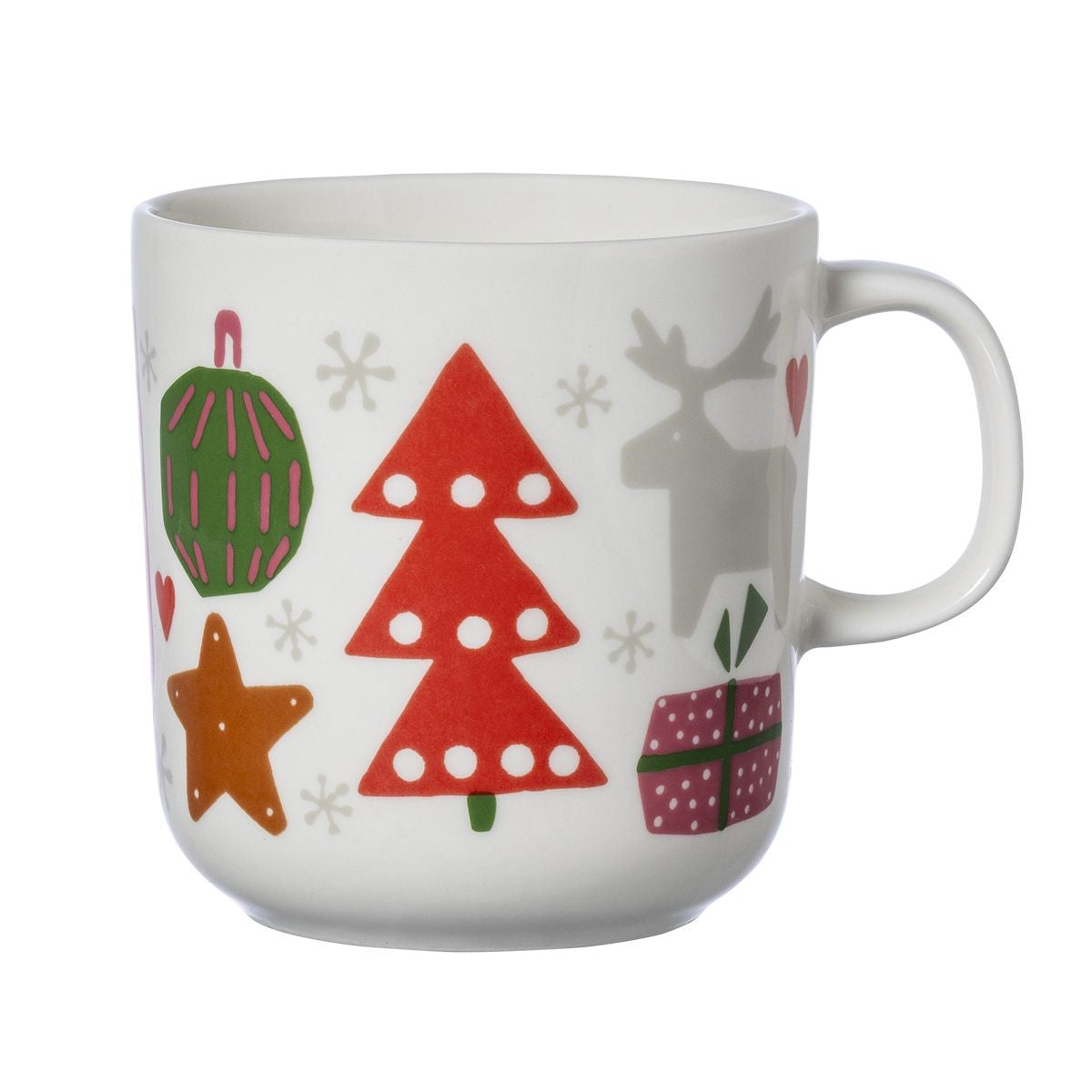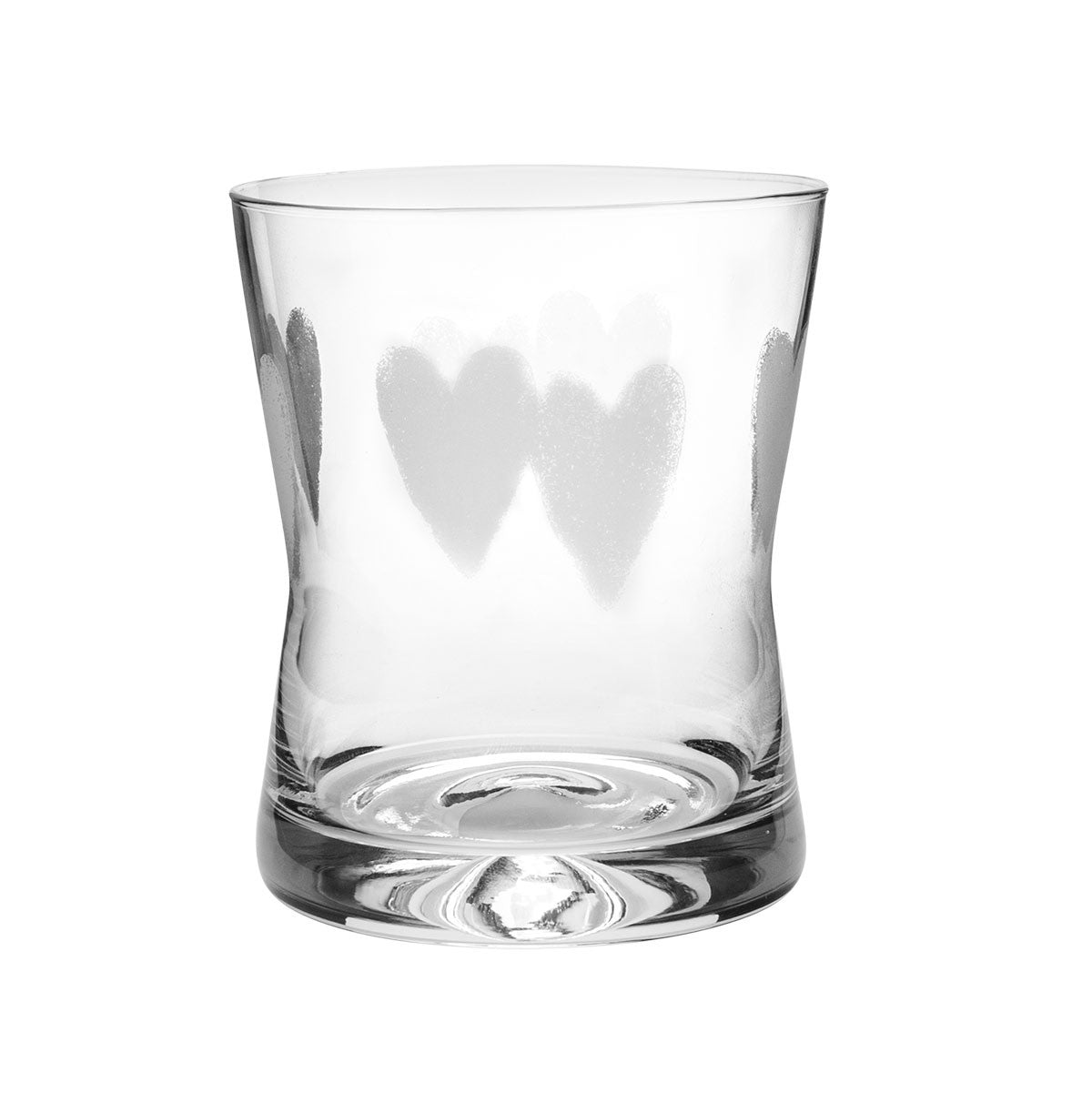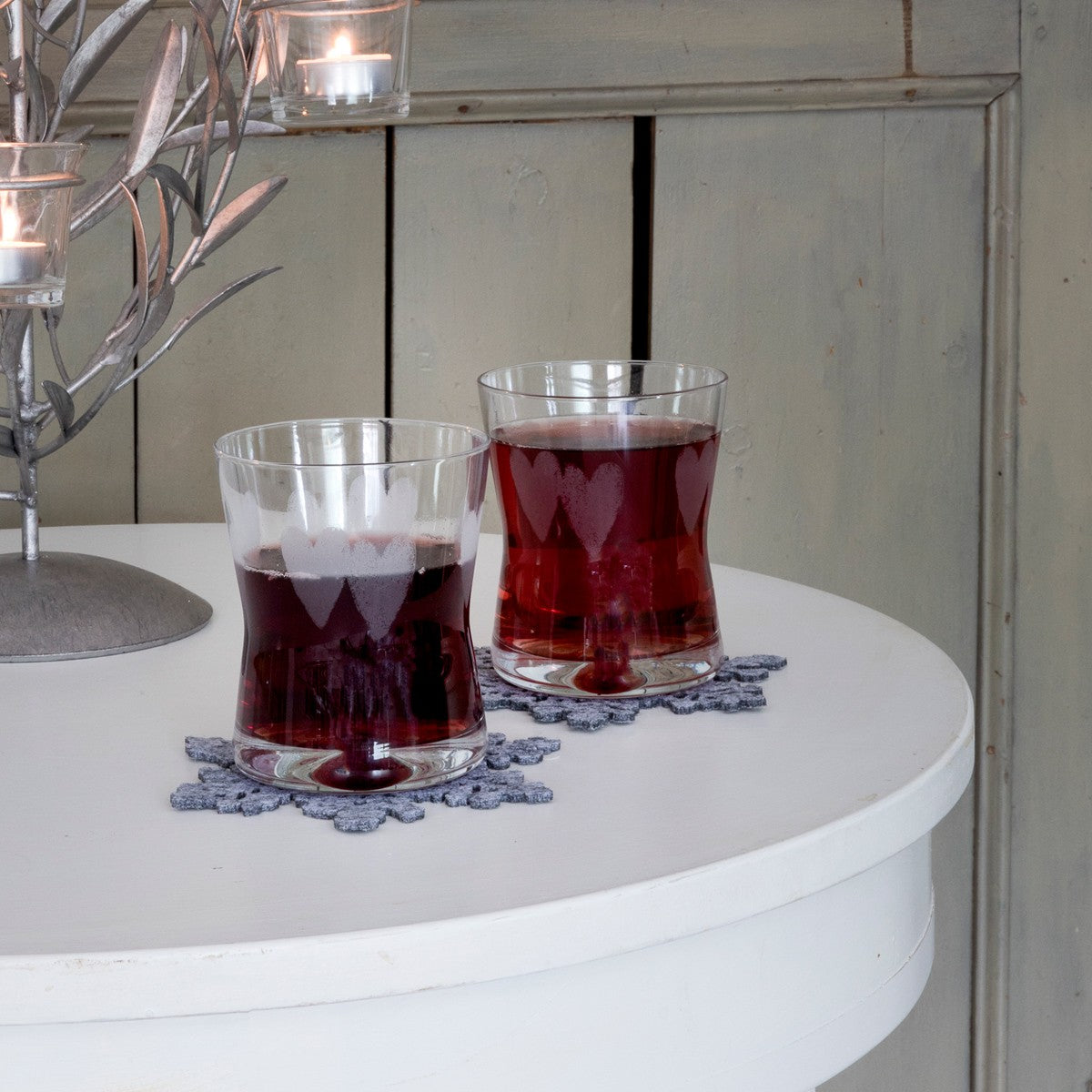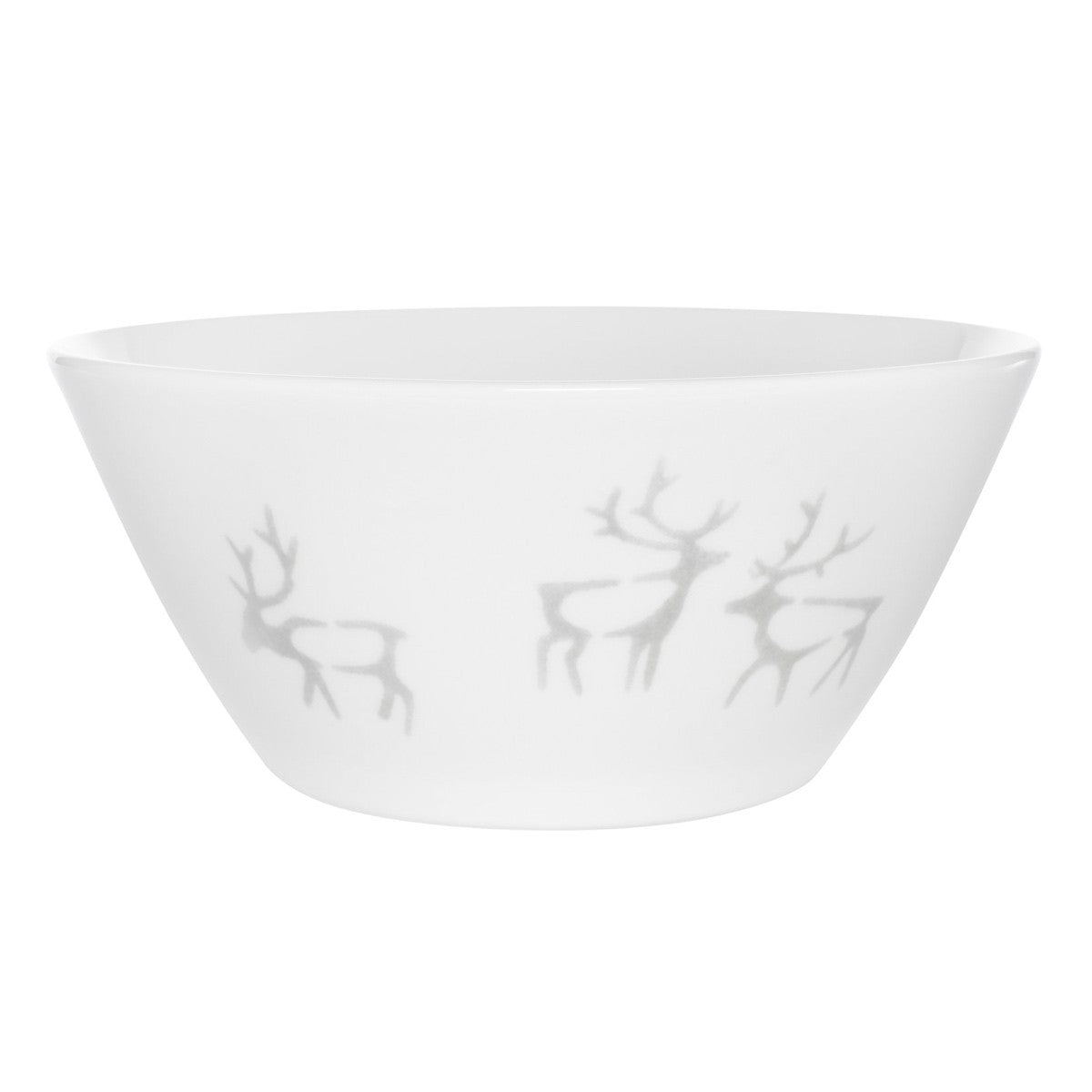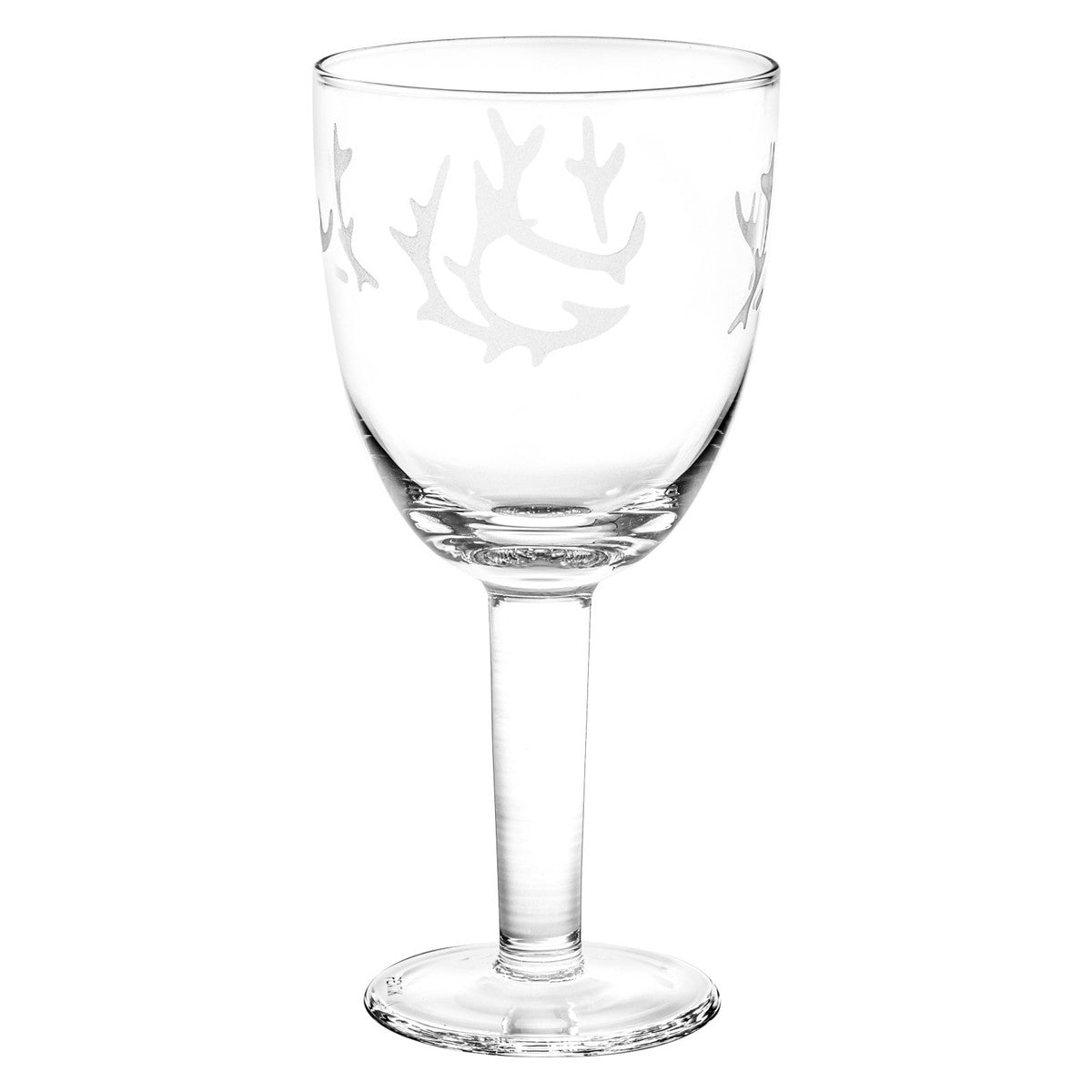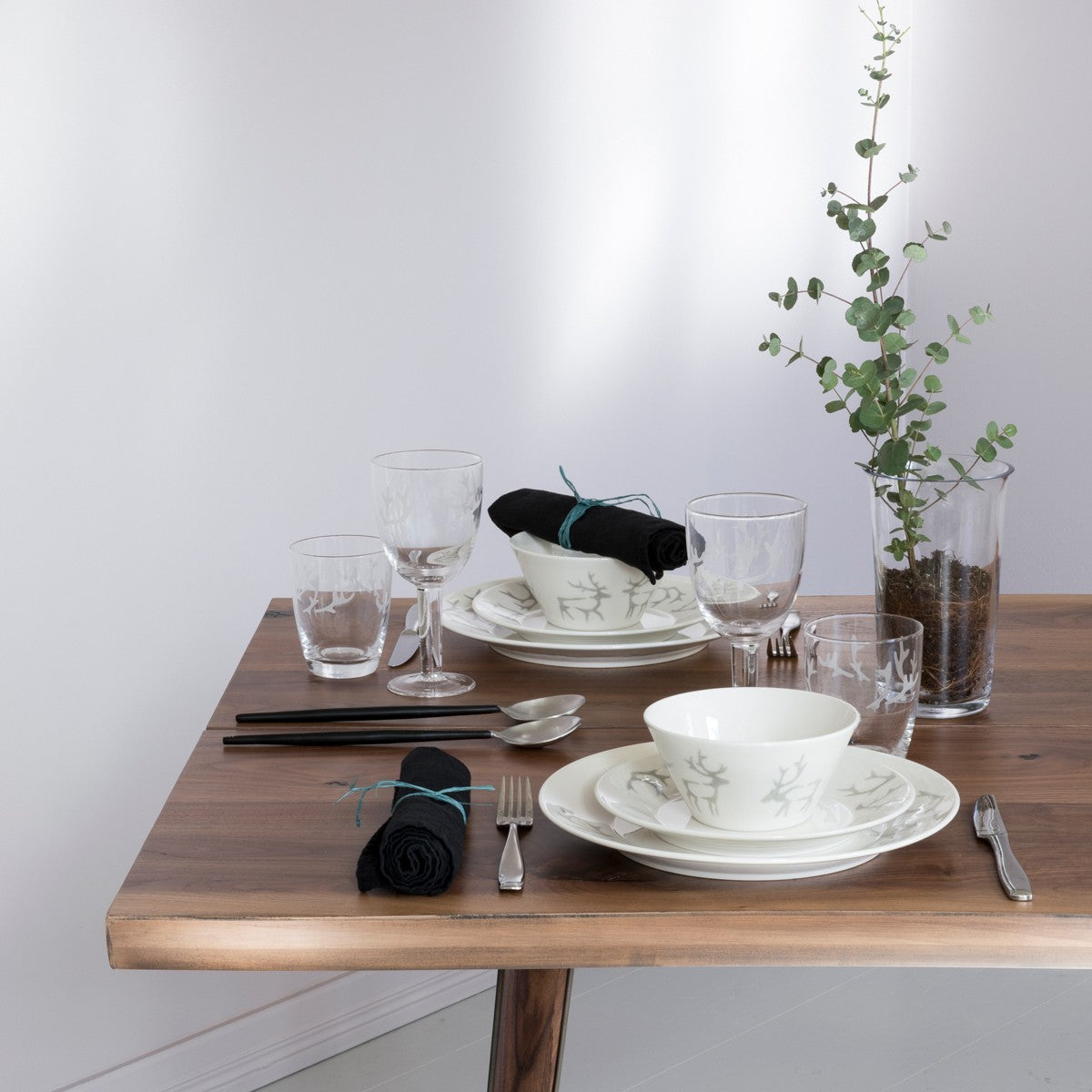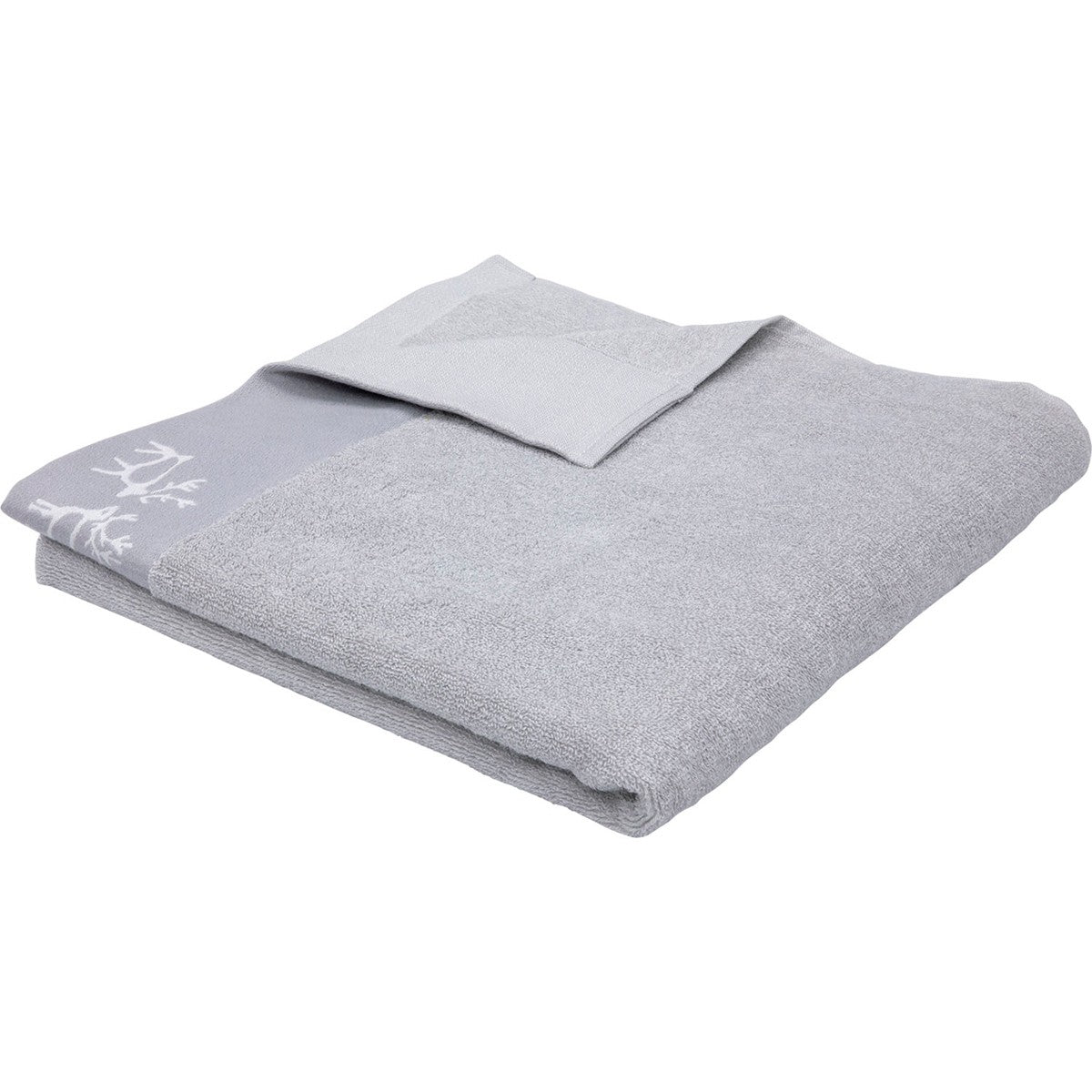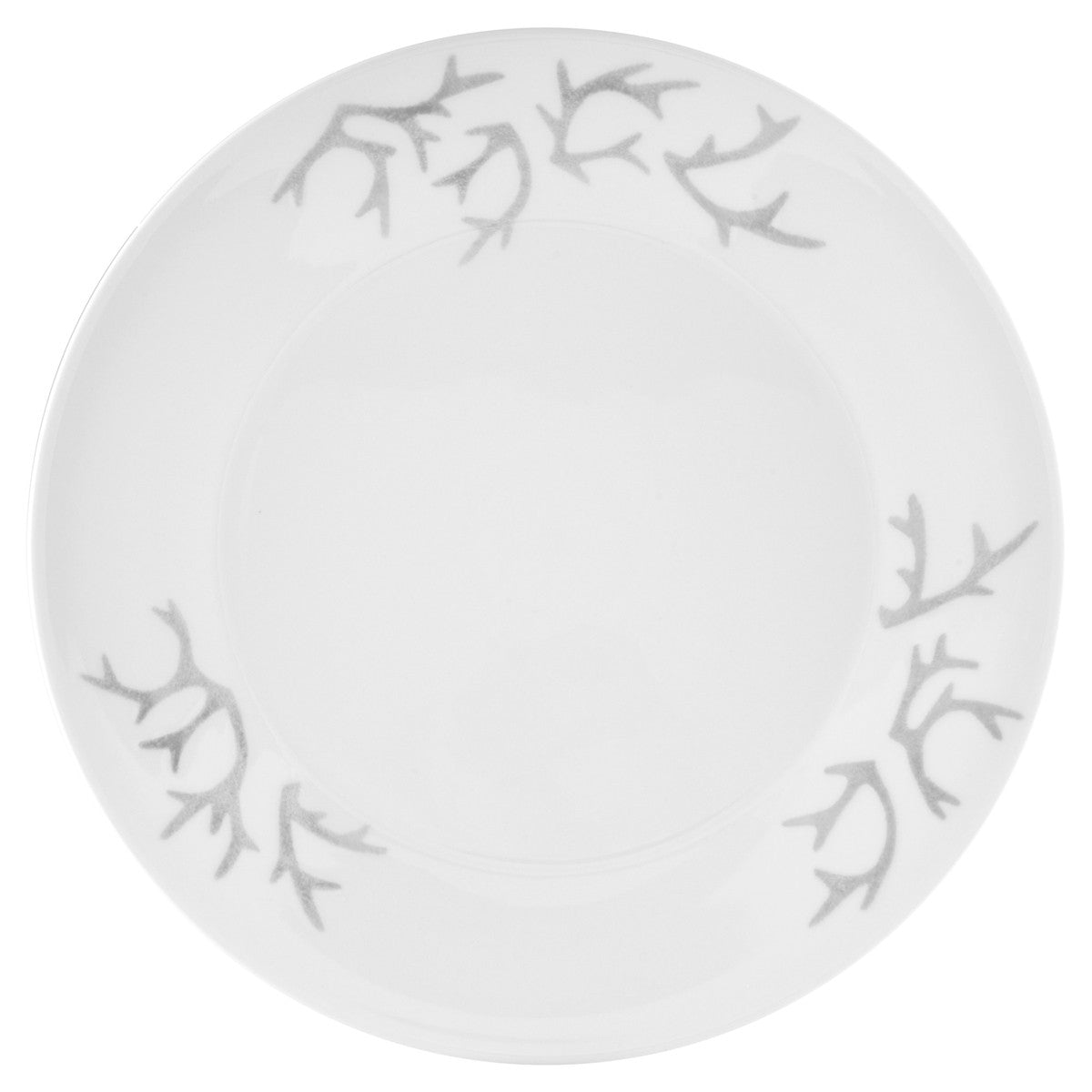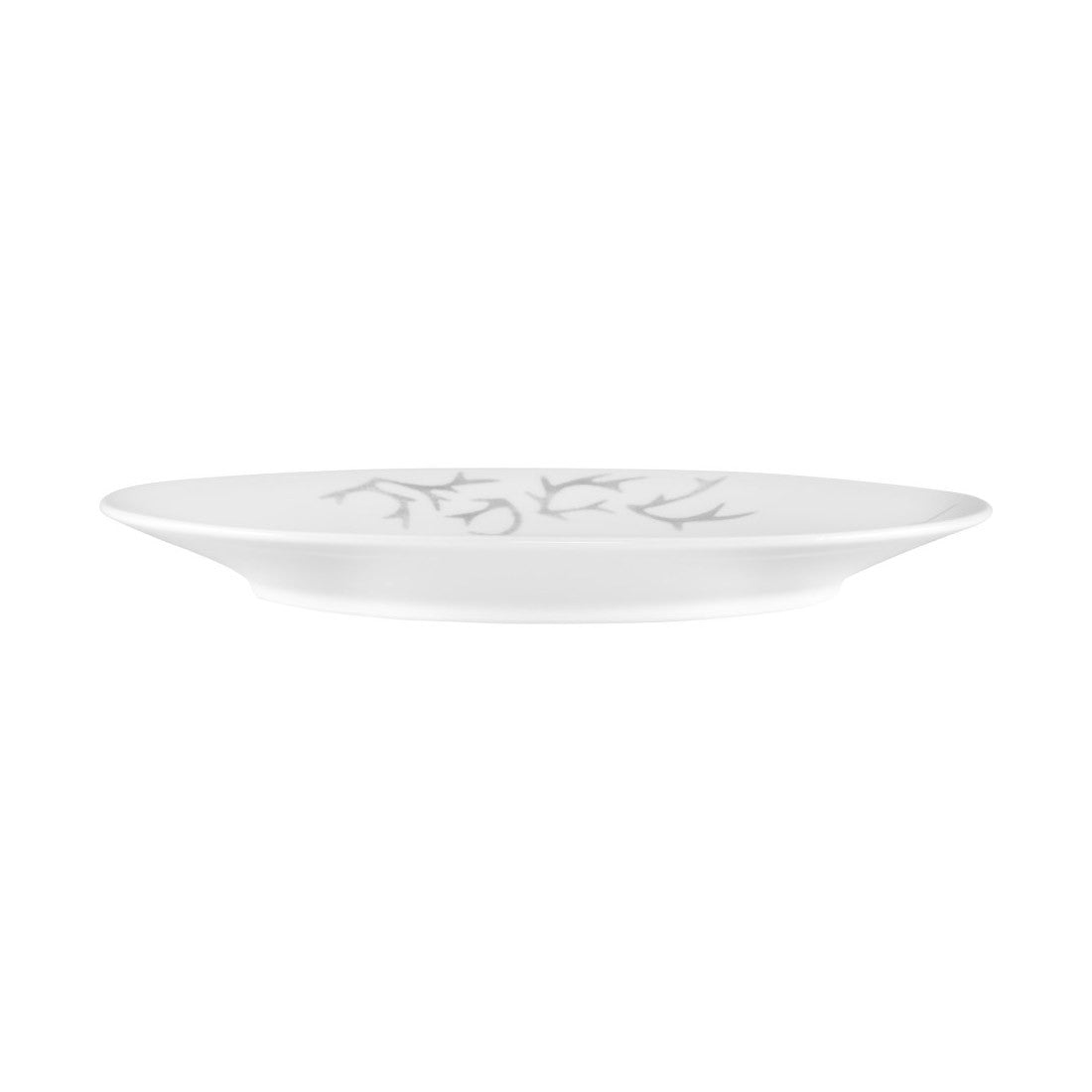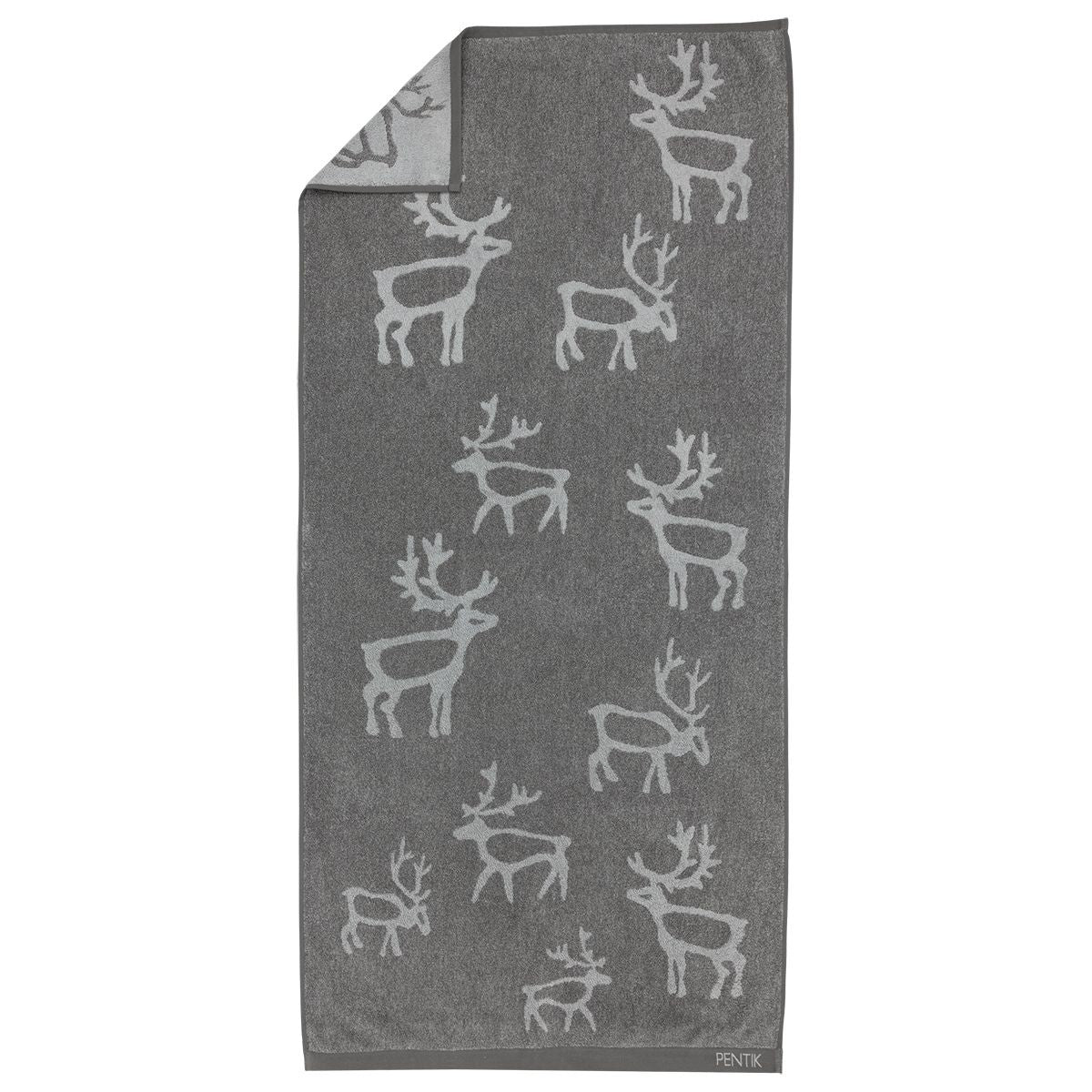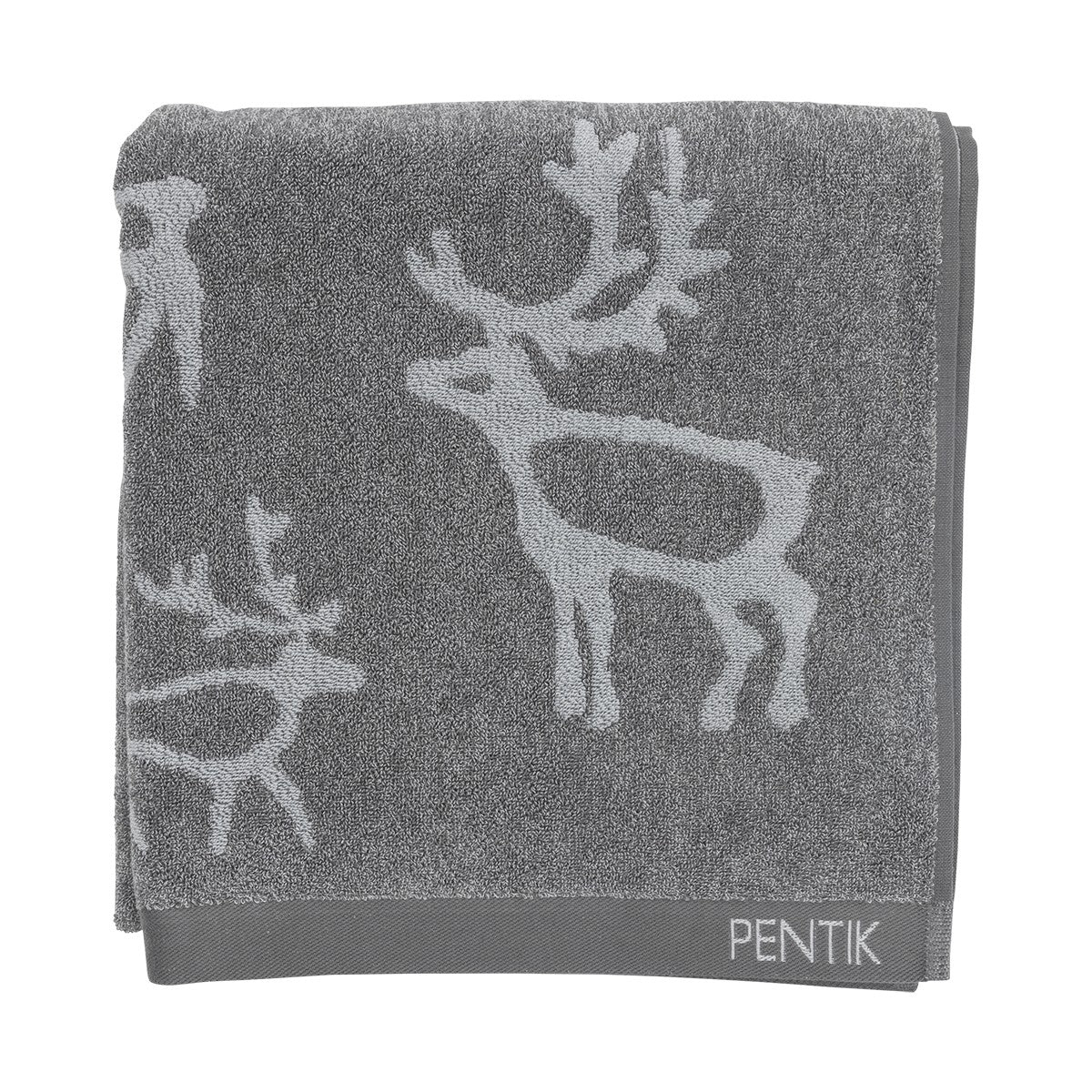Minna Niskakangas
Minna Niskakangas is a seasoned Finnish designer with a Master’s in Industrial Design from the University of Lapland, who has been shaping Pentik’s textile aesthetic since around 2007, following an early collaboration during her studies. She draws inspiration from everyday life, home atmospheres, architecture, nature, and the interplay of colors, surfaces, and materials, believing that the beauty of one’s surroundings significantly influences the quality of life. Niskakangas is known for designs like Vilja, a soft, wavy brushstroke pattern evoking sunlit grain fields and showcasing her profound connection to everyday beauty and nature. Her Saaga reindeer motif has also remained a Pentik fan-favorite atop dinnerware, textiles and more.
Choose your option
Choose your option
Choose your option
Choose your option
Choose your option
Choose your option
Choose your option
Choose your option
Pentik Saaga Grey Wool Blanket
Choose your option
Choose your option
Choose your option
Choose your option
Choose your option
Pentik Vilja Beige / Gold Table Runner
Choose your option
Choose your option
Choose your option
Choose your option
Choose your option
Choose your option
Pentik Vilja Beige / Black Tea Towel
Choose your option
Choose your option
Pentik Saaga Grey / Black Felt Placemat
Choose your option
Choose your option
Pentik Pingviini White / Black Baby Blanket
Choose your option
Pentik Sydan Red Glass Ball Ornament
Choose your option
Pentik Halipupu White Hooded Terry Towel
Choose your option
Choose your option
Pentik Saaga Brown Wool Blanket
Choose your option
Pentik Aatto Red / Green / Multi Mug - 12 oz
Choose your option
Choose your option
Choose your option
Choose your option
Choose your option
Pentik Vilja Red / Pink Tea Towels - Set of 2
Choose your option
Choose your option
Choose your option
About Finnish Design
Finnish design has a long history and is know for simplicity, functionality, and craftsmanship. It's trademark designs emerged in the early 20th century, and gained international attention through pioneers like Alvar Aalto in architecture and furniture, as well as companies such as Iittala, Artek, and Marimekko. Their work emphasized clean lines, natural materials, and a harmonious balance between beauty and practicality. Everything must have a purpose. Iconic products like the Aalto vase, Artek’s Stool 60, and Marimekko’s bold textile patterns established Finland as a leader in modernist design. Over the next century, Finnish design became synonymous with high quality, technical skill, and timeless aesthetics—qualities that have earned it global recognition, particularly during the postwar years when Nordic design was celebrated worldwide, and still is. Today, Finnish products continue to enjoy international respect, not only for their aesthetic value but also for their reputation of reliability, thoughtful construction, and cultural authenticity.


